
How painful is oral surgery?
Oral surgery, including procedures like wisdom tooth removal, dental implants, or jaw surgery, often raises concerns about pain. The good news is that while some discomfort is normal, modern dental techniques and pain management options make oral surgery much more comfortable than many people expect.
What to Expect During Surgery
Before surgery begins, local anesthesia or sedation is used to numb the area or help you relax. This means you shouldn’t feel pain during the procedure itself—though you might feel some pressure or movement.
Pain After Surgery
After the anesthesia wears off, it’s common to experience some pain, swelling, and soreness around the surgical site. The intensity varies depending on the type of surgery, complexity, and individual pain tolerance.
-
Mild to moderate pain is typical in the first few days.
-
Swelling and bruising can add to discomfort but usually peak within 2-3 days and then improve.
-
Pain generally lessens significantly after the first 72 hours.
Managing Pain
Dentists and oral surgeons usually recommend over-the-counter pain relievers like ibuprofen or acetaminophen. For more extensive surgeries, prescription pain medication might be given. Other helpful tips include:
-
Applying ice packs to reduce swelling
-
Resting and avoiding strenuous activities
-
Eating soft foods
-
Following all post-op care instructions closely
When to Be Concerned
If pain worsens after a few days, becomes severe, or is accompanied by fever, excessive swelling, or bleeding, contact your dentist. These could be signs of infection or complications needing attention.
In summary:
Oral surgery can cause some pain and discomfort, but with anesthesia during the procedure and proper pain management afterward, it’s generally manageable and temporary. Most people recover smoothly and experience significantly less discomfort than they initially expect.
Popular Posts
-

-

How often should I visit the dentist?
05 Jun, 2025 -

-

-

What are the most common causes of bad breath?
05 Jun, 2025 -

Is mouthwash necessary, or is brushing enough?
05 Jun, 2025 -

Is teeth whitening safe?
05 Jun, 2025 -
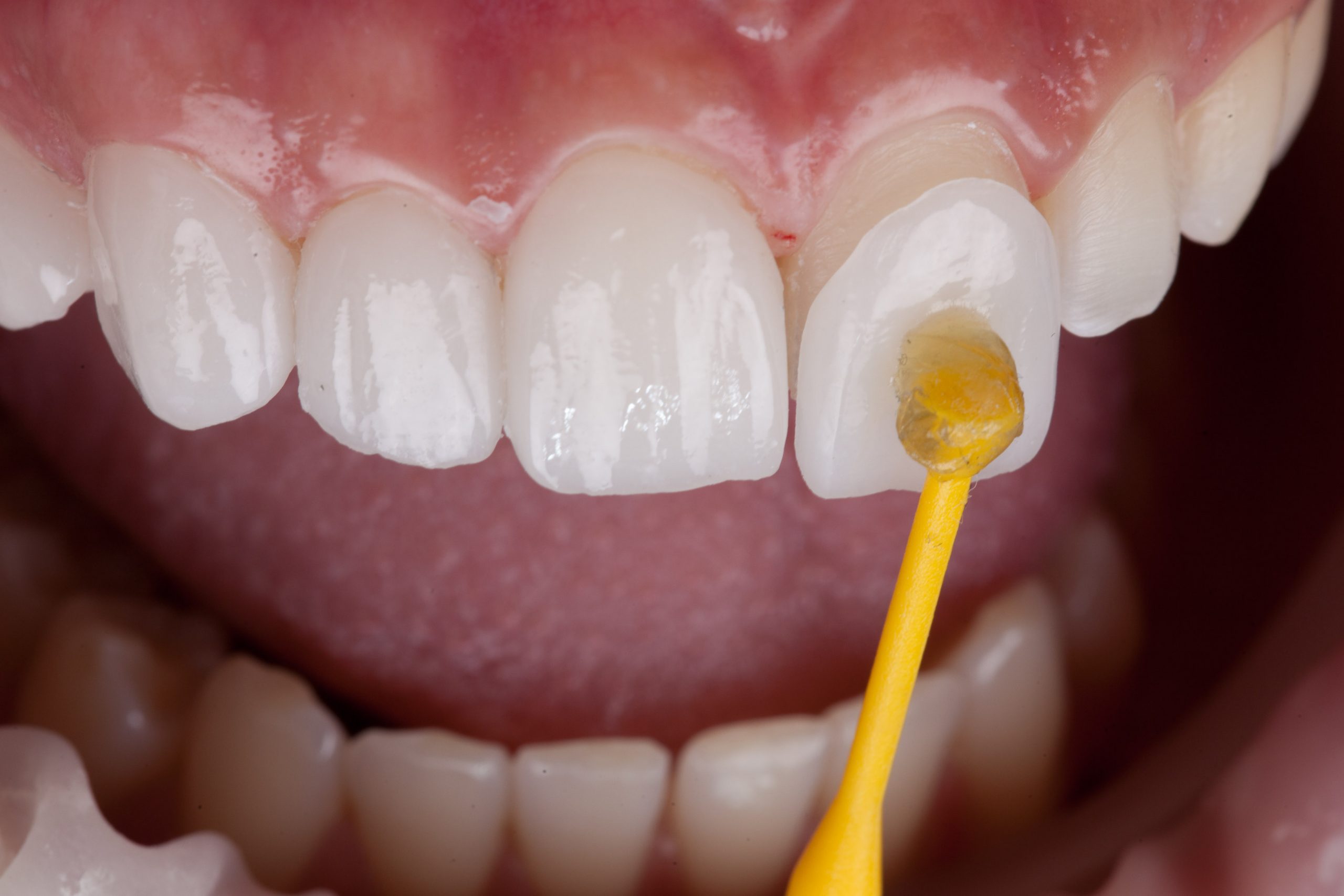
What are dental veneers, and how do they work?
05 Jun, 2025 -

What's the difference between braces and Invisalign?
05 Jun, 2025 -

-

Can gum disease be reversed?
05 Jun, 2025 -

Why do my gums bleed when I brush or floss?
05 Jun, 2025 -

What causes tooth sensitivity?
05 Jun, 2025 -
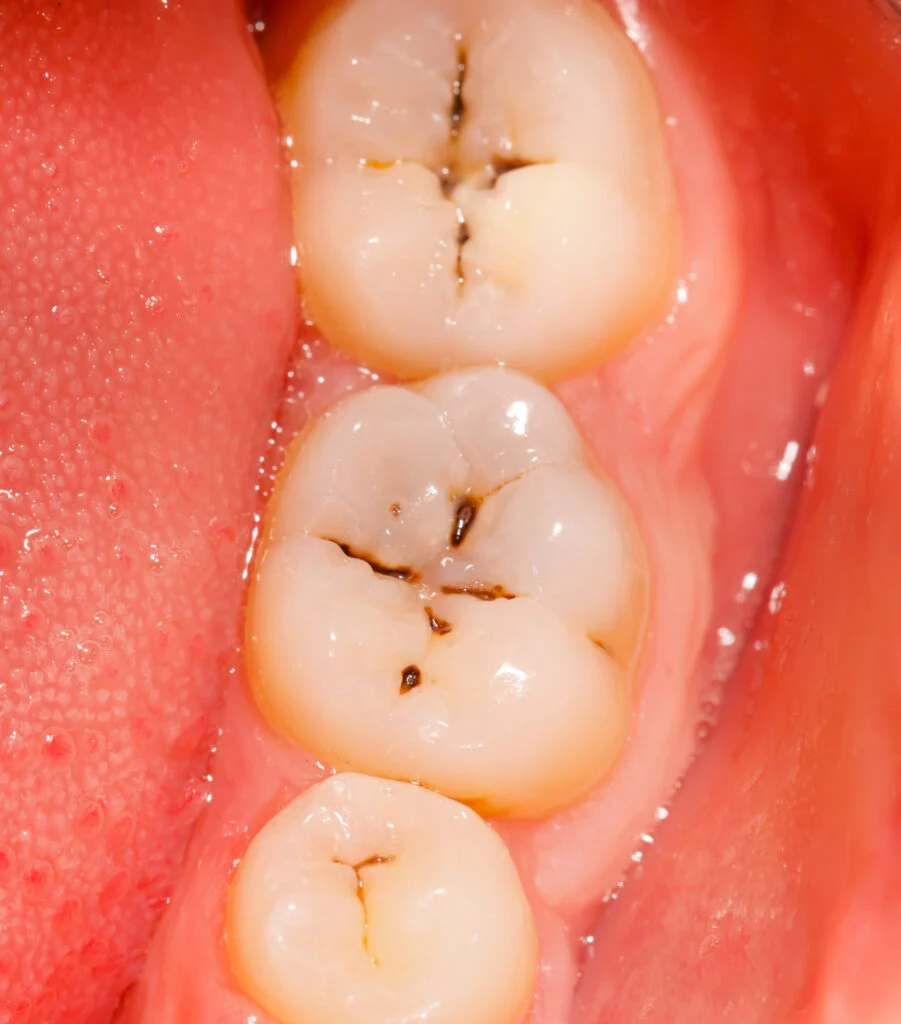
What happens if I ignore a cavity?
05 Jun, 2025 -
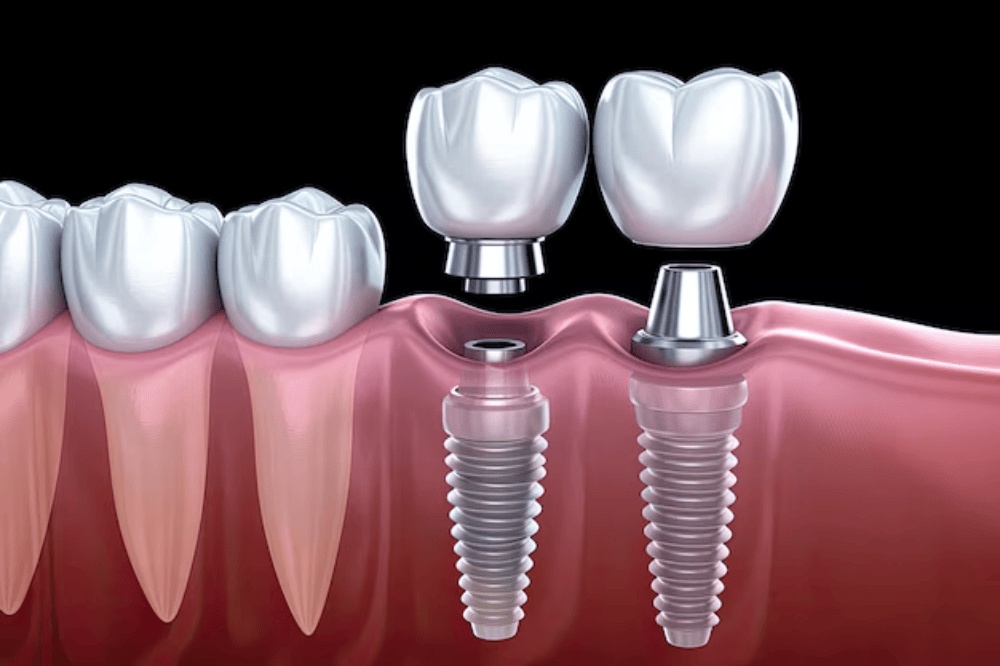
What is a dental implant, and how does it work?
05 Jun, 2025 -

Am I a good candidate for dental implants?
05 Jun, 2025 -
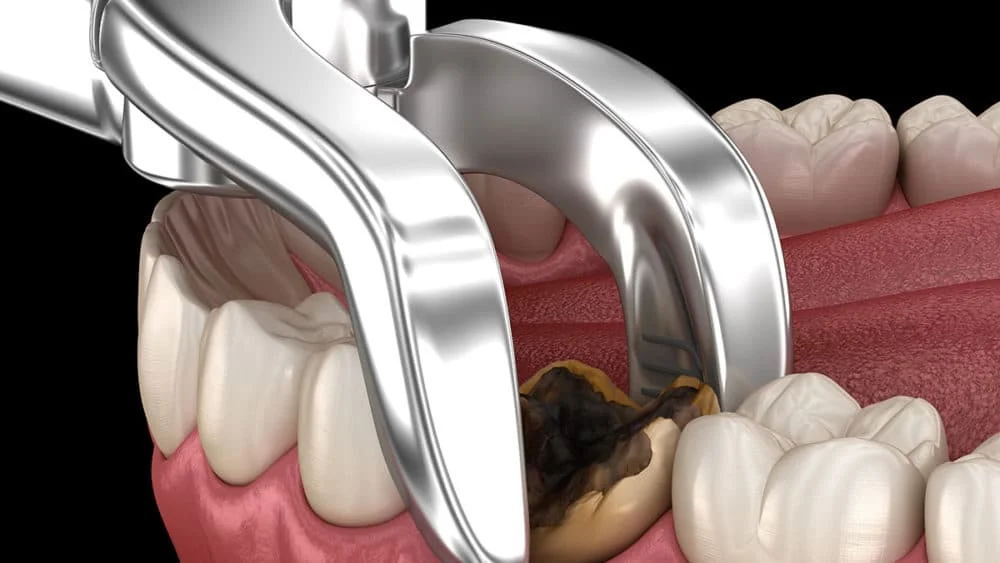
What should I expect after a tooth extraction?
05 Jun, 2025 -
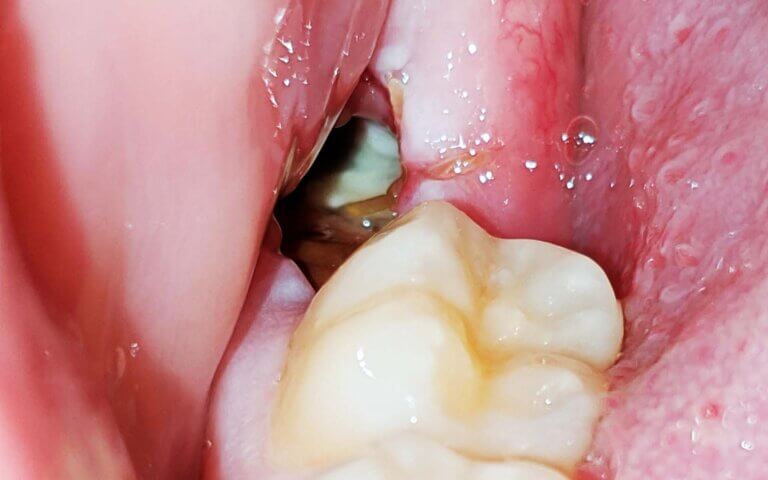
What is dry socket, and how can I prevent it?
05 Jun, 2025 -

What causes receding gums?
05 Jun, 2025 -

What is bruxism, and how is it treated?
05 Jun, 2025 -

Is it safe to visit the dentist during pregnancy?
05 Jun, 2025 -

What is fluoride, and is it safe?
05 Jun, 2025 -
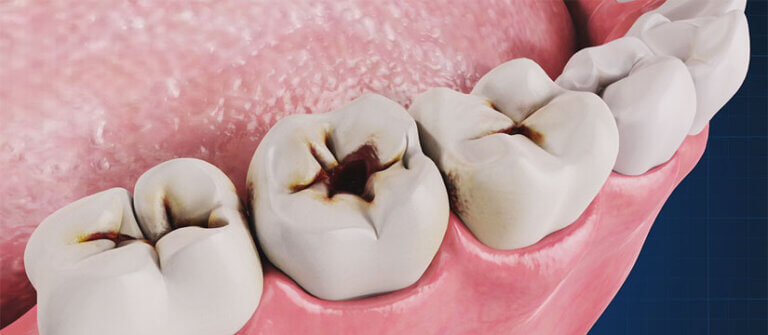
-

How does diet affect my oral health?
05 Jun, 2025 -

Why do my teeth hurt when I eat cold or hot foods?
05 Jun, 2025 -
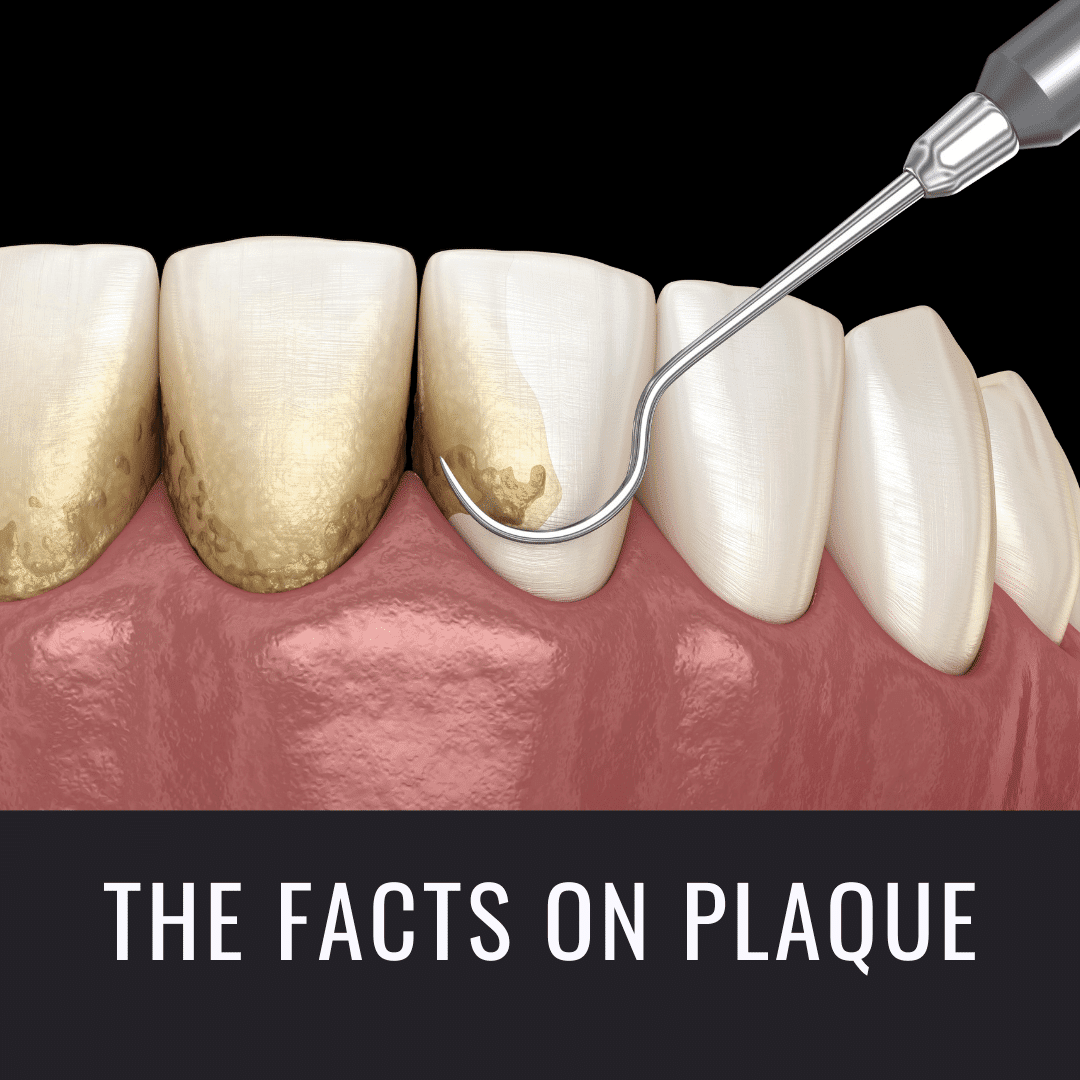
What is plaque, and how do I get rid of it?
05 Jun, 2025 -

Are dental X-rays safe?
05 Jun, 2025 -
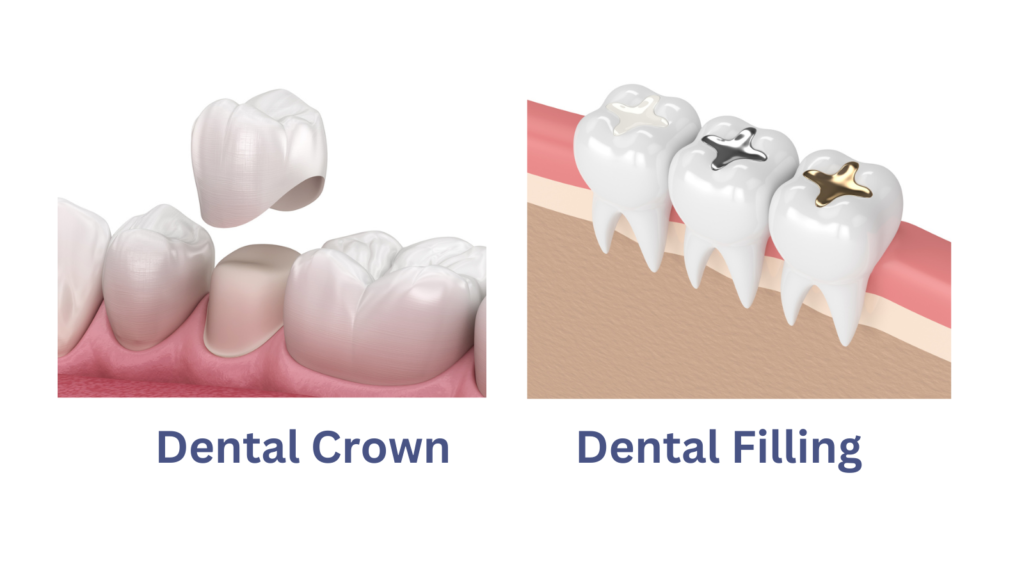
What’s the difference between a crown and a filling?
05 Jun, 2025 -
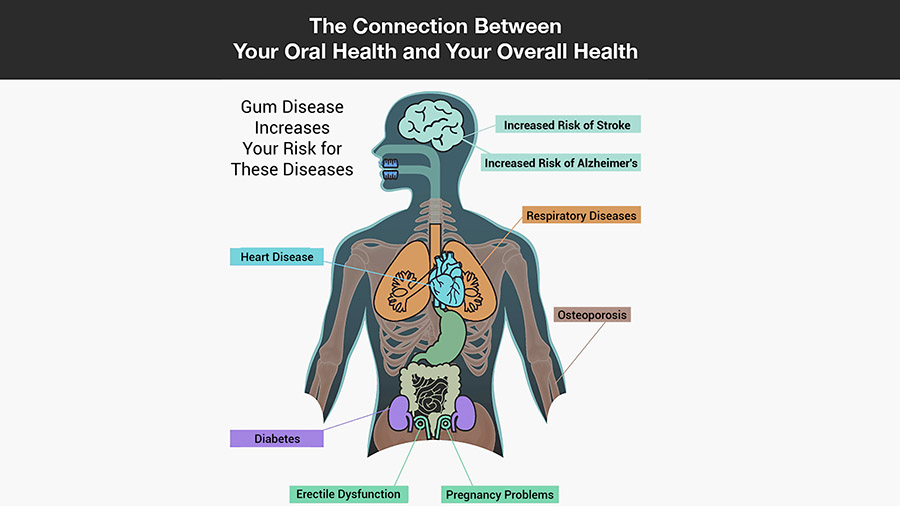
Can poor oral health affect my overall health?
05 Jun, 2025 -
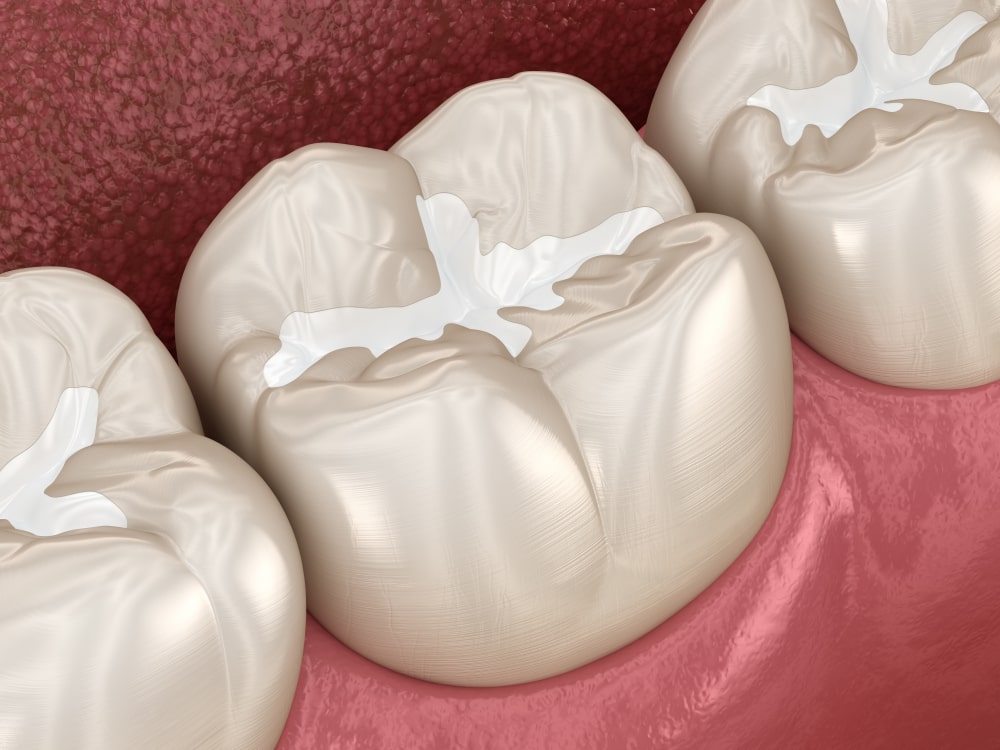
What are sealants, and who needs them?
05 Jun, 2025 -

How long do dental implants last?
05 Jun, 2025 -

Is getting a dental implant painful?
05 Jun, 2025 -

Can anyone get dental implants?
05 Jun, 2025 -
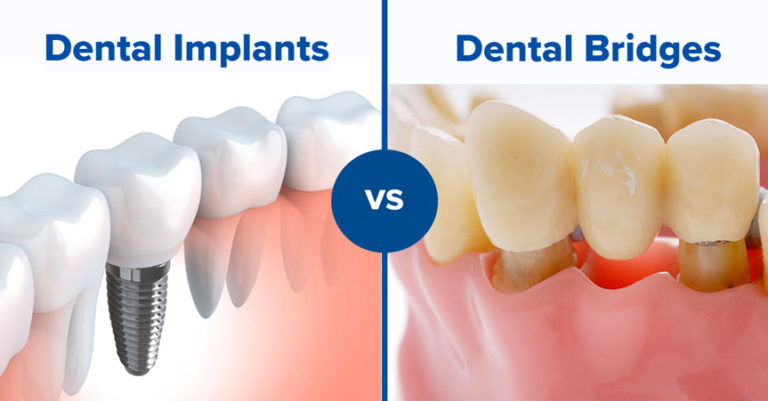
How does a dental implant compare to a bridge?
05 Jun, 2025 -
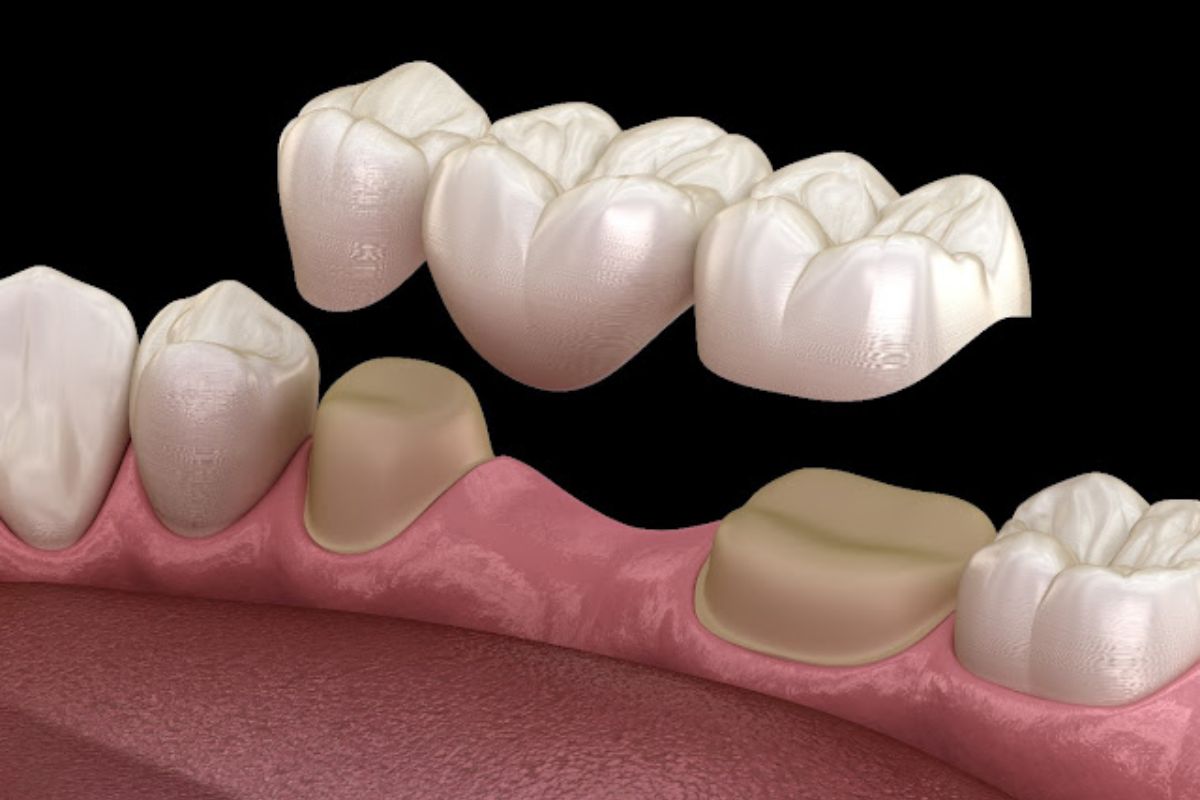
What is a dental bridge?
05 Jun, 2025 -
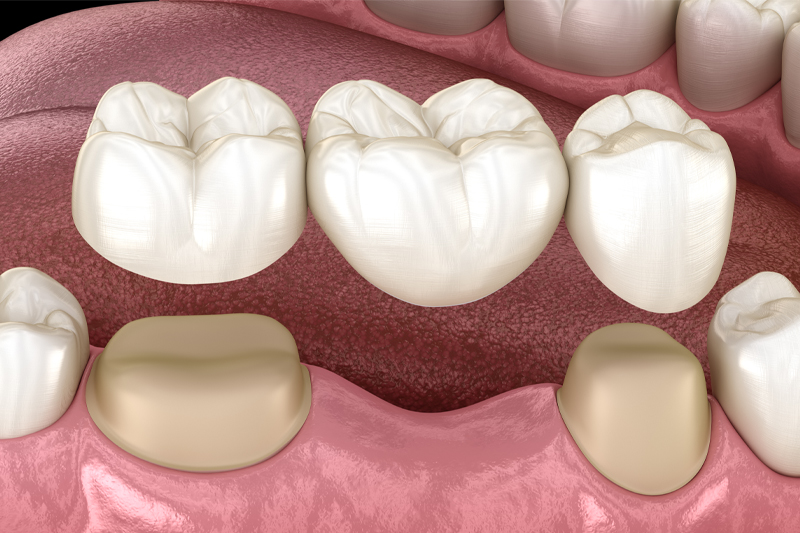
How long do dental bridges last?
05 Jun, 2025 -
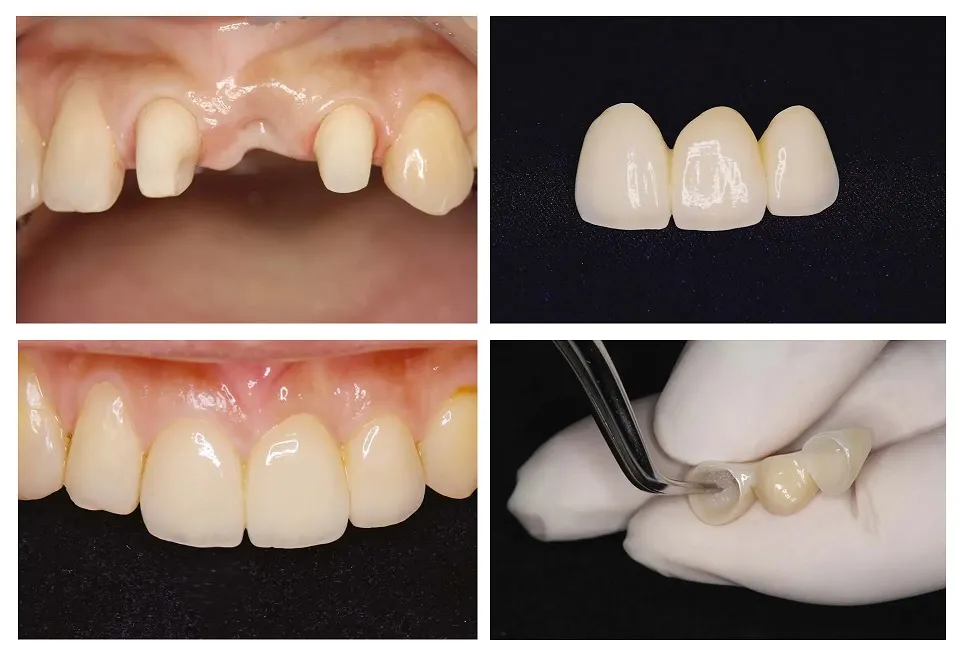
Are dental bridges noticeable?
05 Jun, 2025 -
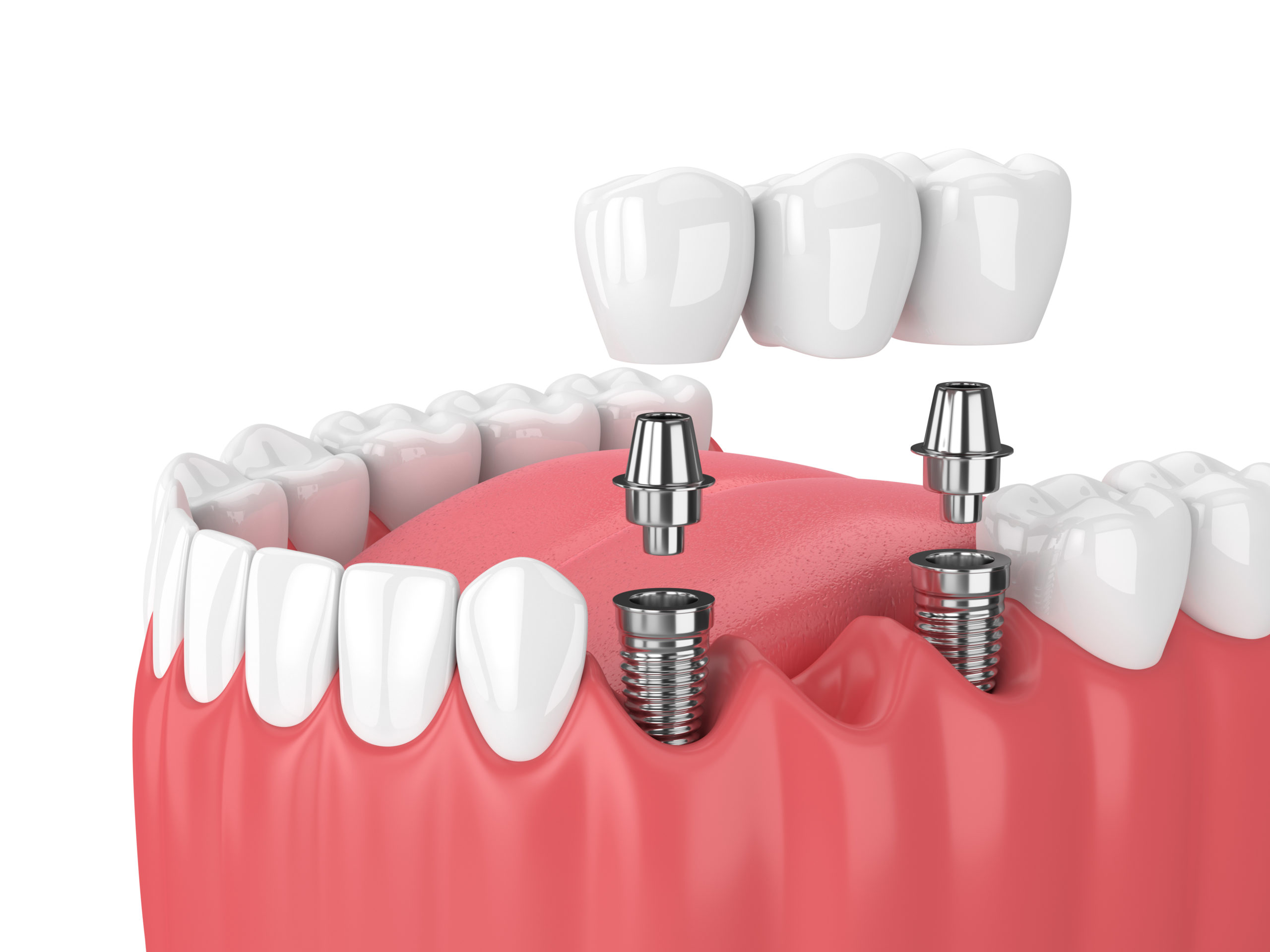
Can a bridge replace multiple missing teeth?
05 Jun, 2025 -
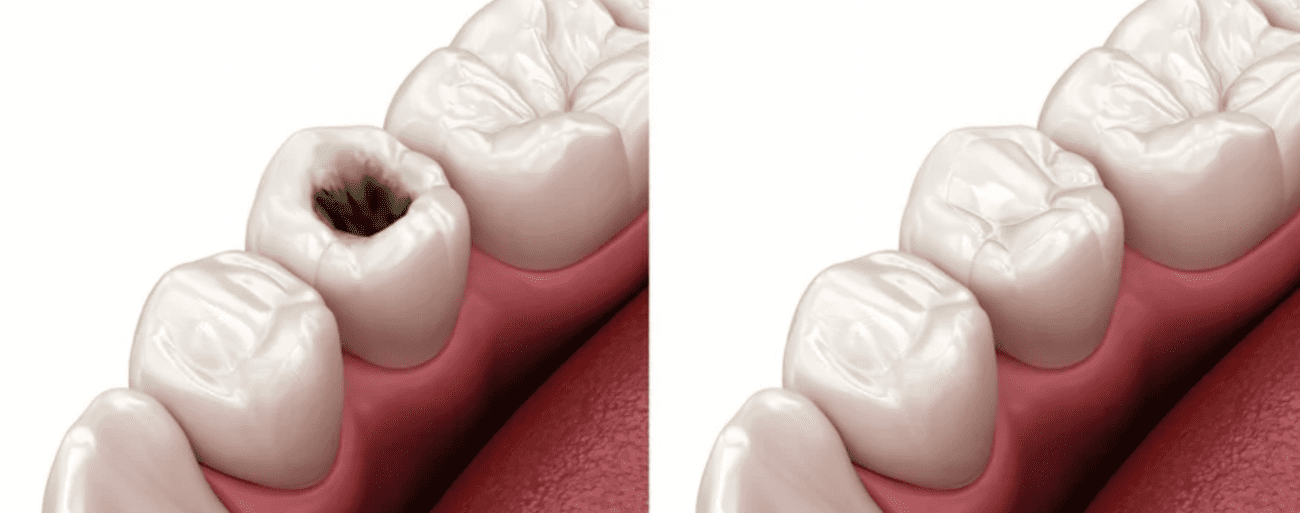
What is a dental filling and why is it needed?
05 Jun, 2025 -
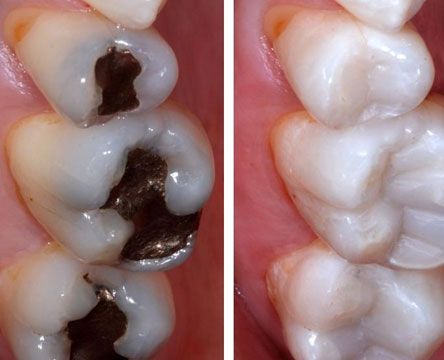
What types of materials are used for fillings?
05 Jun, 2025 -
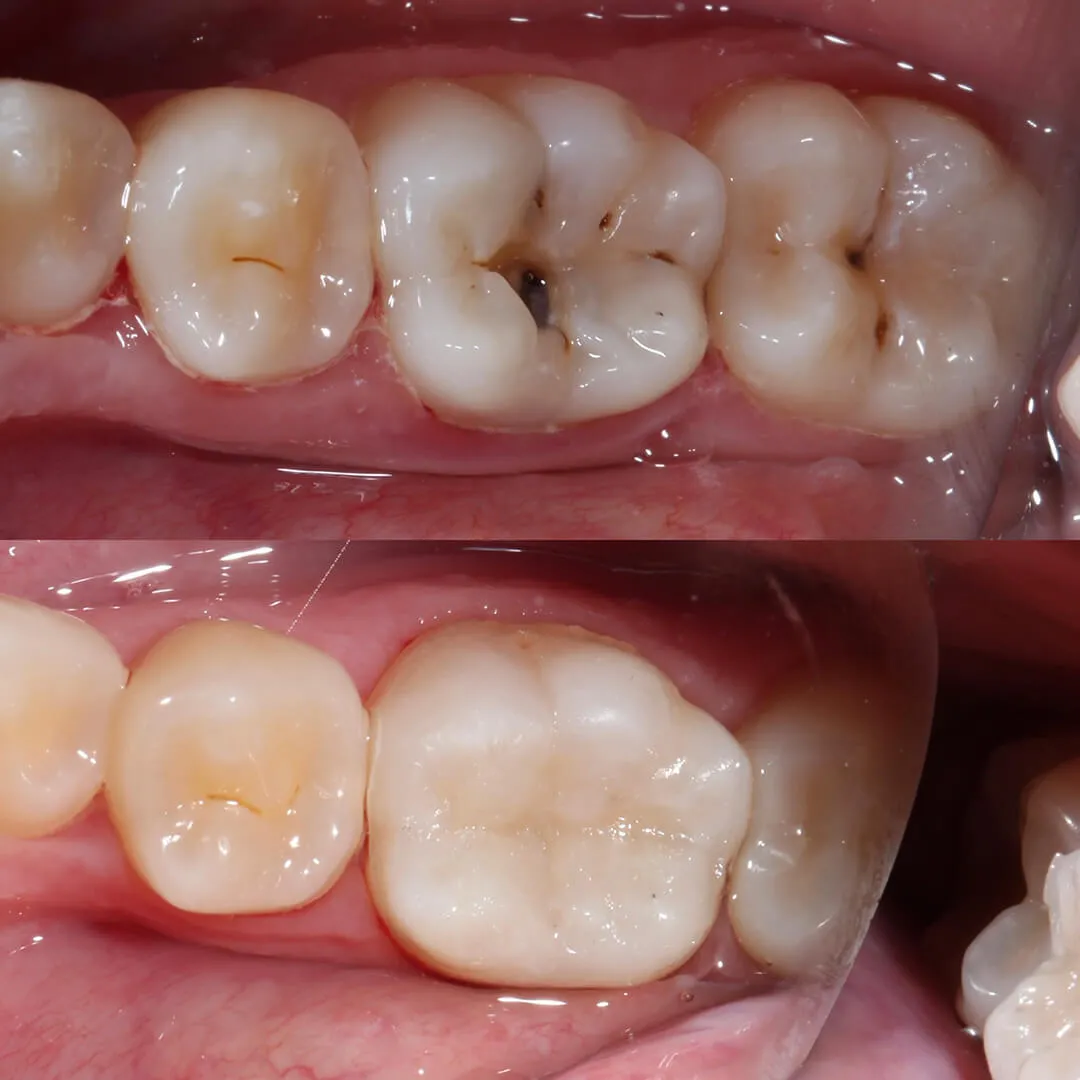
How long does a filling last?
05 Jun, 2025 -
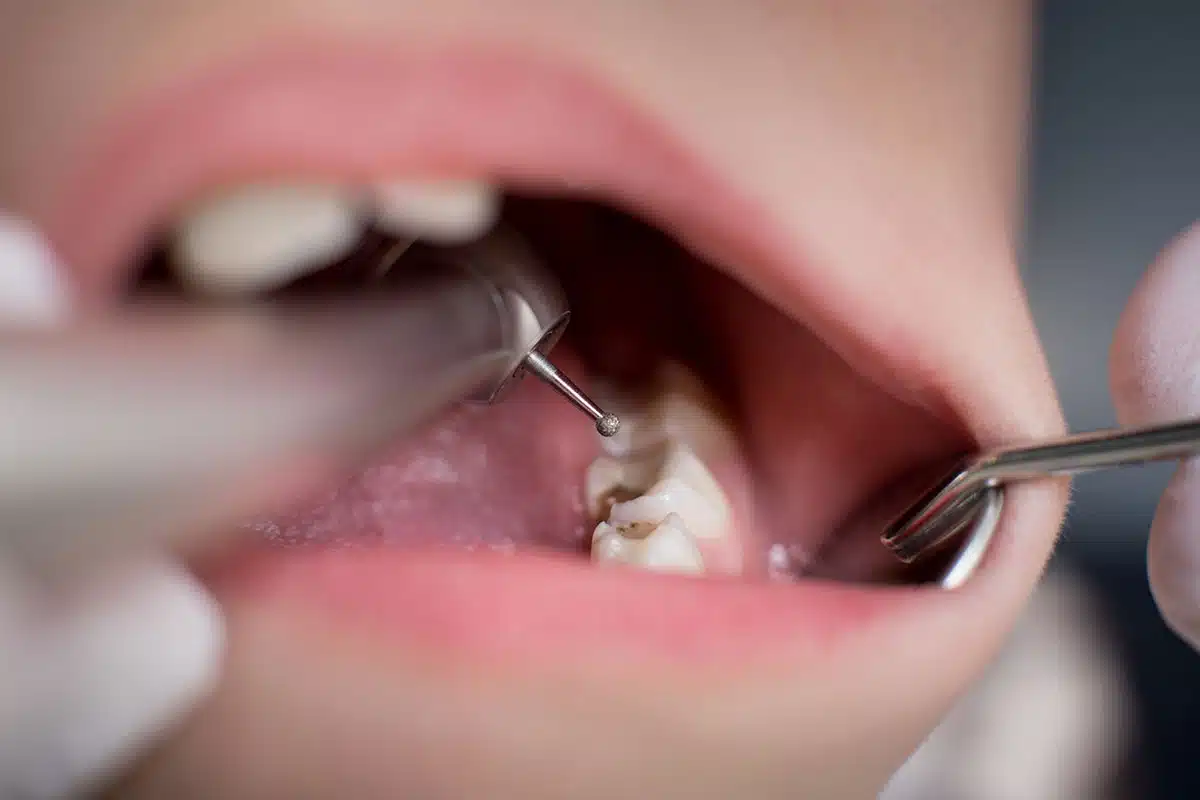
Is the filling procedure painful?
05 Jun, 2025 -
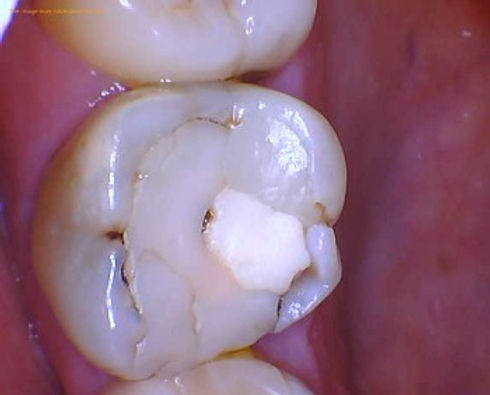
Can fillings fall out or break?
05 Jun, 2025 -
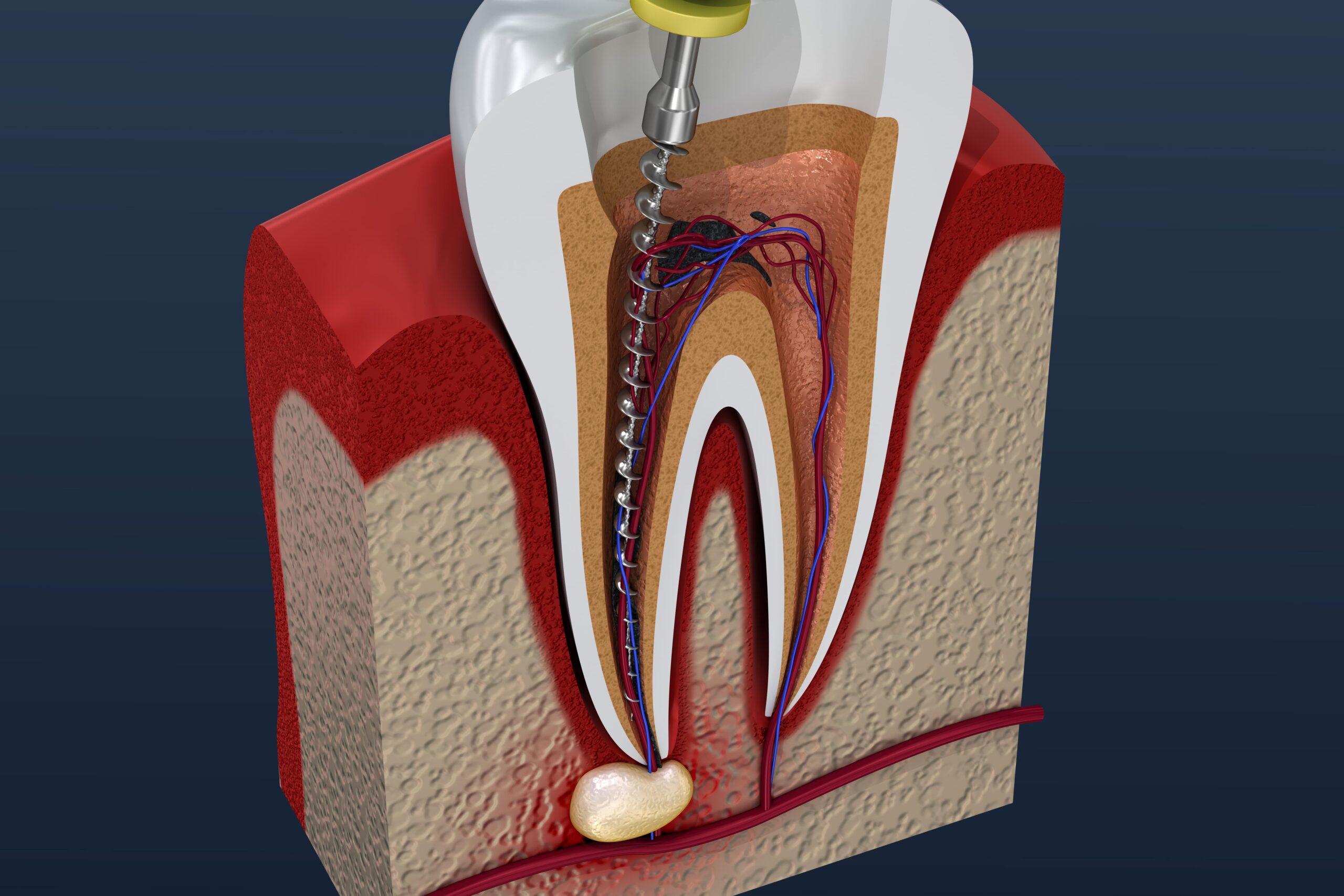
What is a root canal treatment?
05 Jun, 2025 -
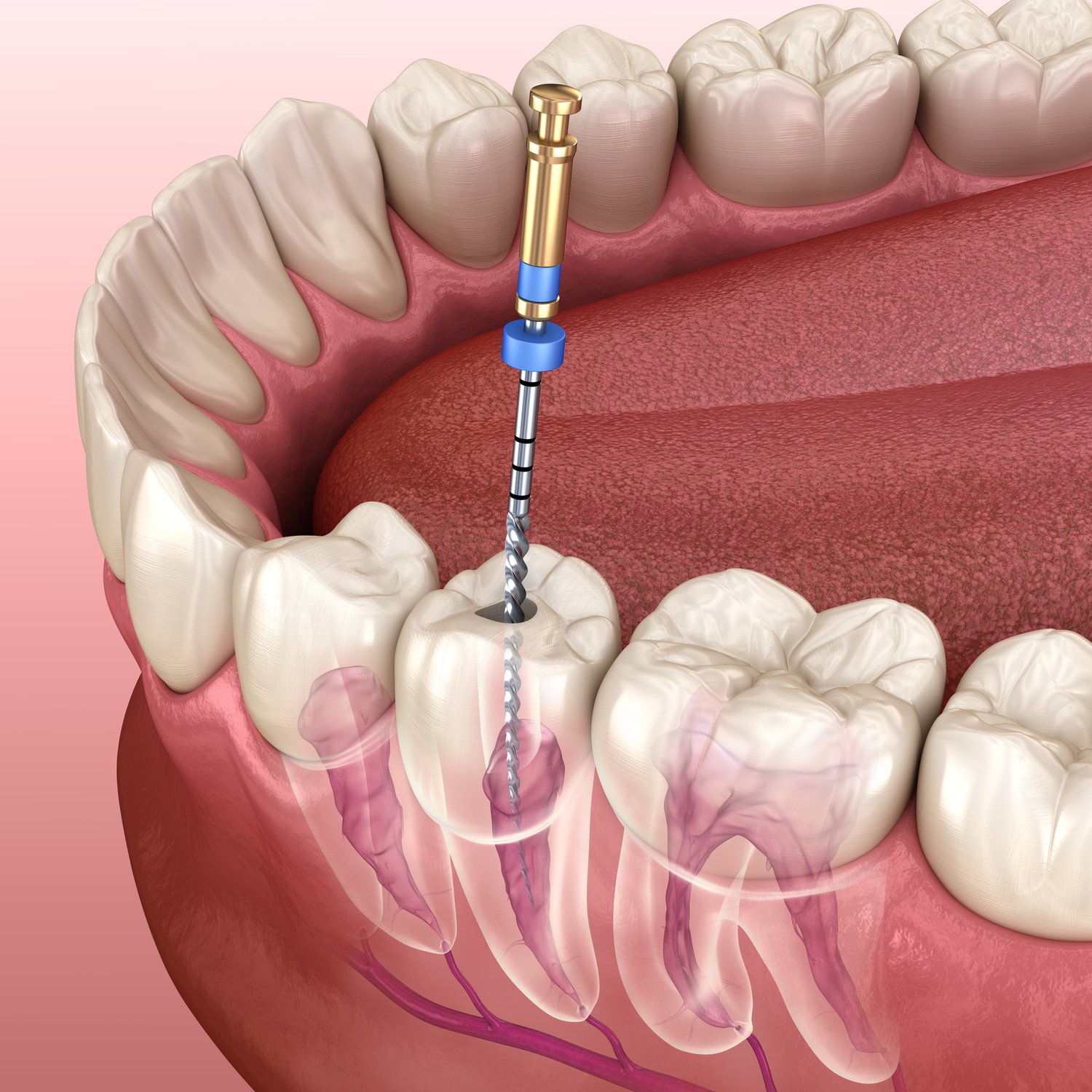
Does a root canal hurt?
05 Jun, 2025 -

How do I know if I need a root canal?
05 Jun, 2025 -
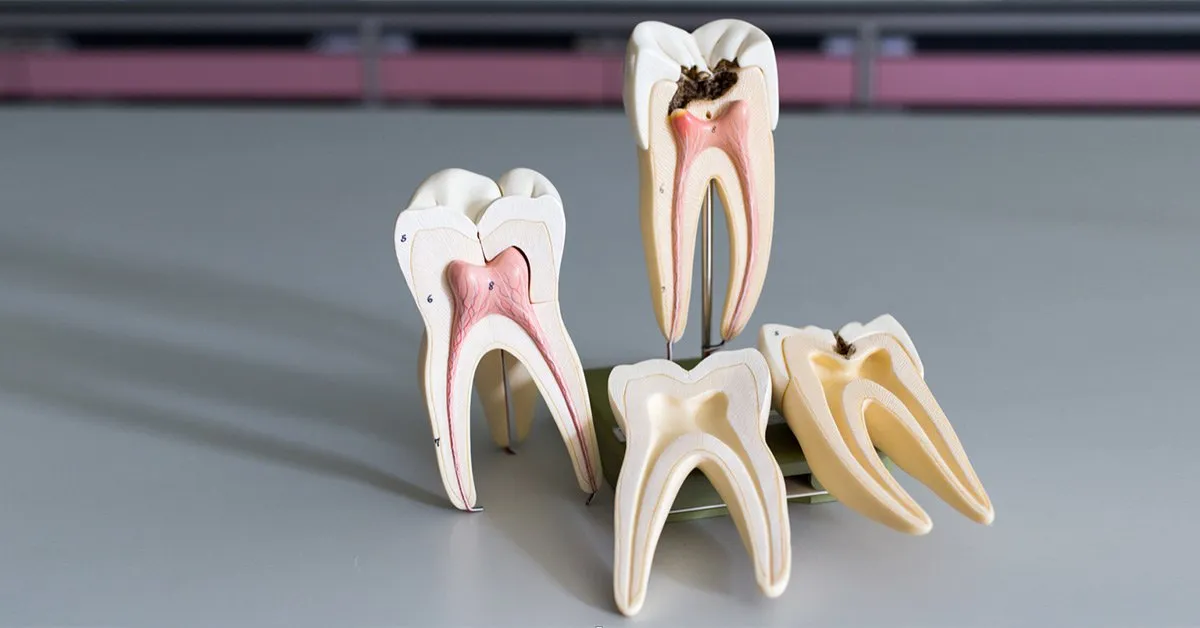
Is the tooth dead after a root canal?
05 Jun, 2025 -
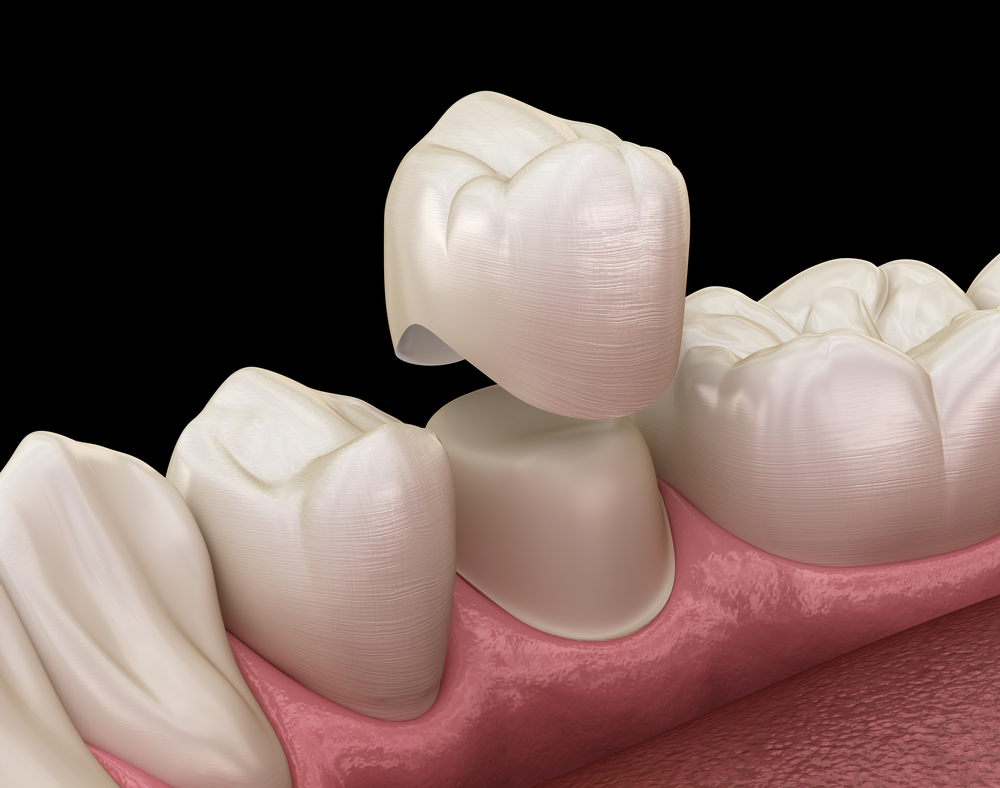
Why is a crown needed after a root canal?
05 Jun, 2025 -
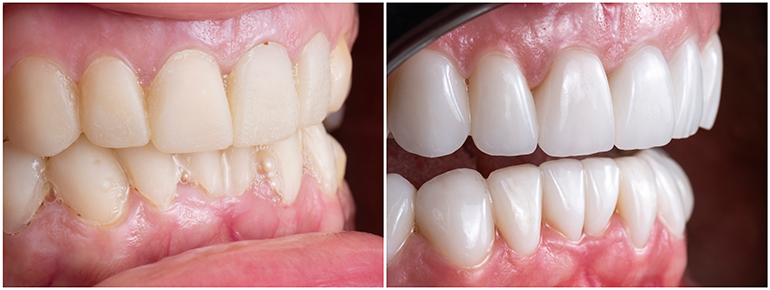
What is cosmetic dentistry?
05 Jun, 2025 -
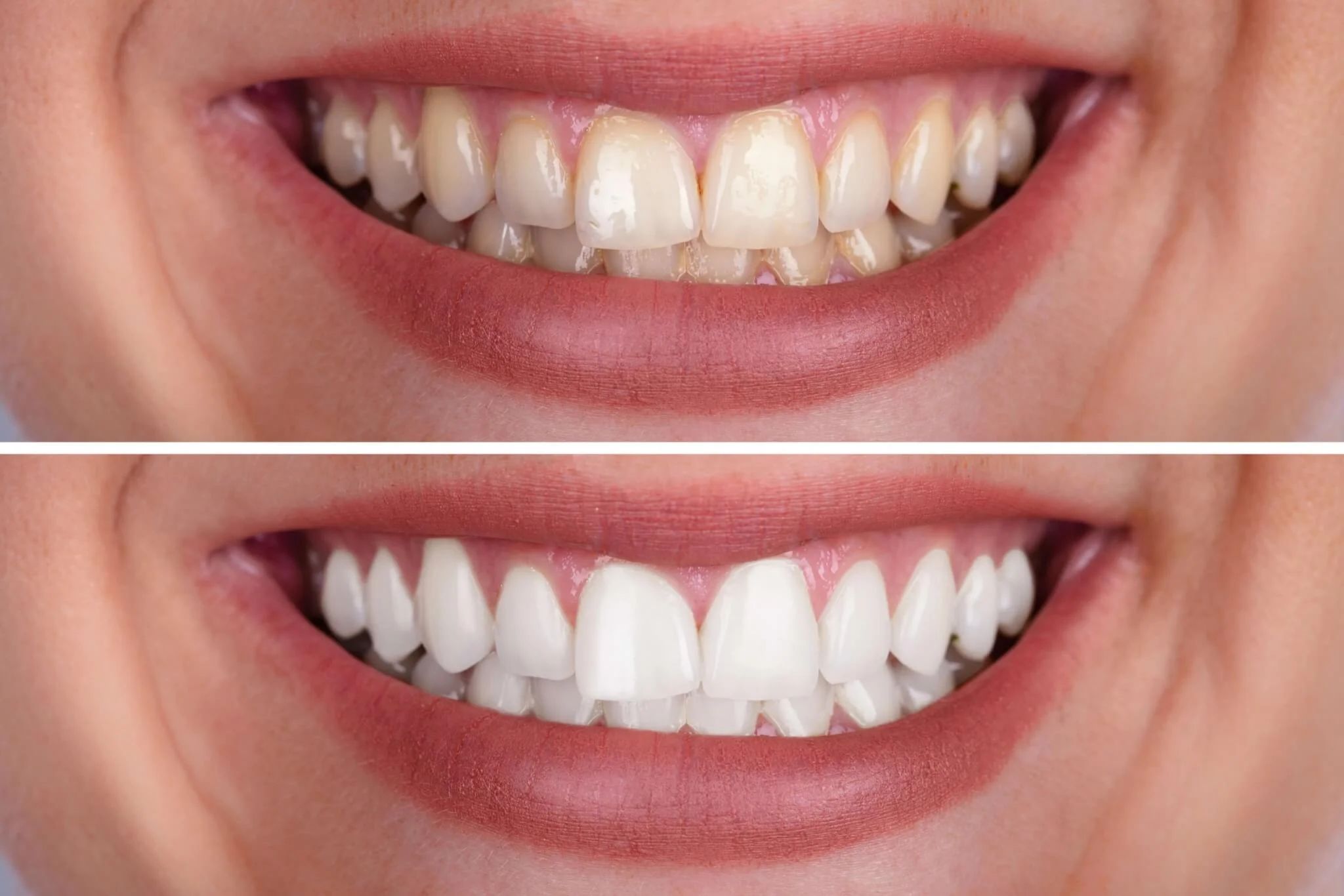
How long does teeth whitening last?
05 Jun, 2025 -
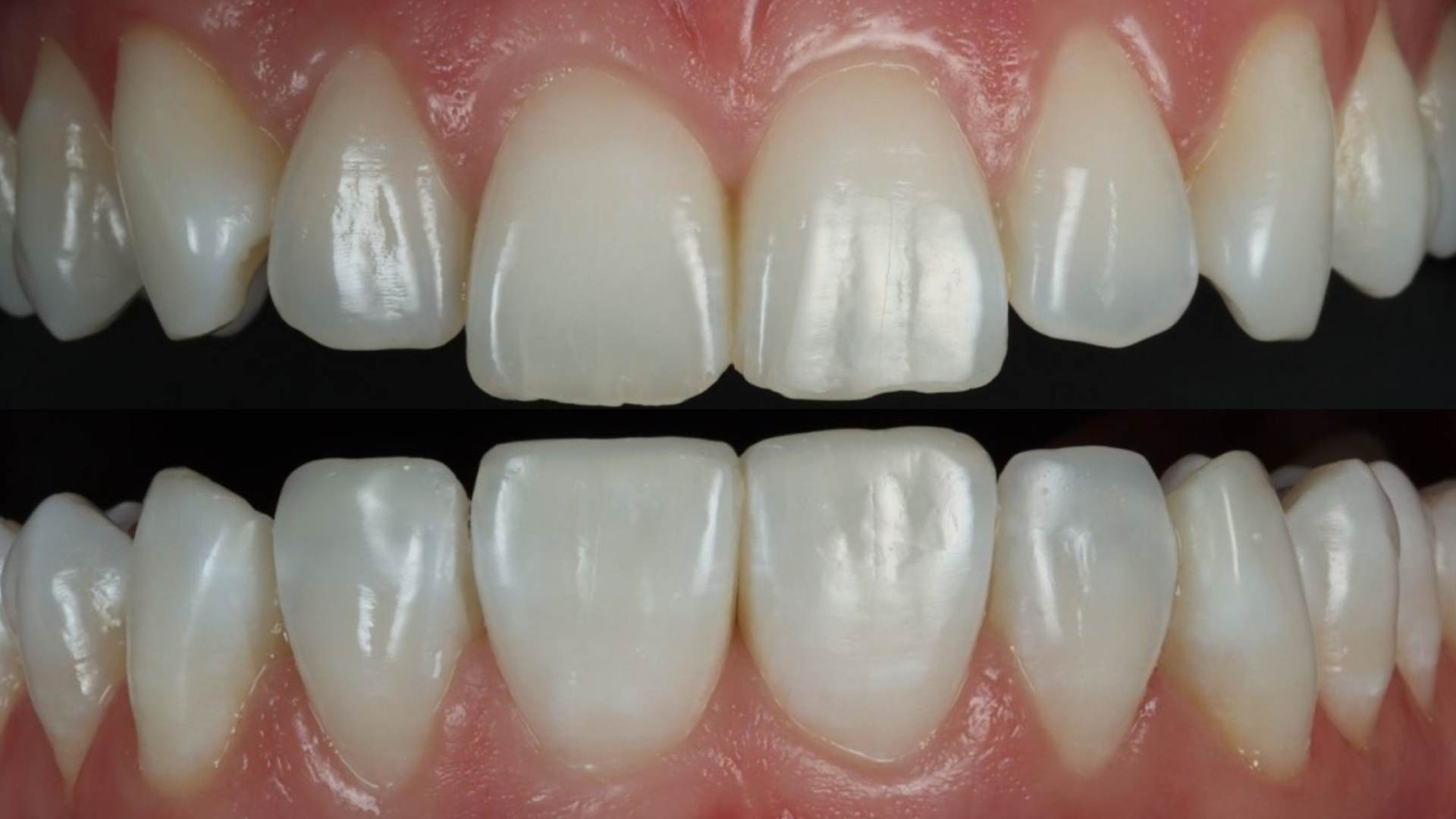
What’s the difference between bonding and veneers?
05 Jun, 2025 -

Is a dental implant better than a bridge?
05 Jun, 2025 -
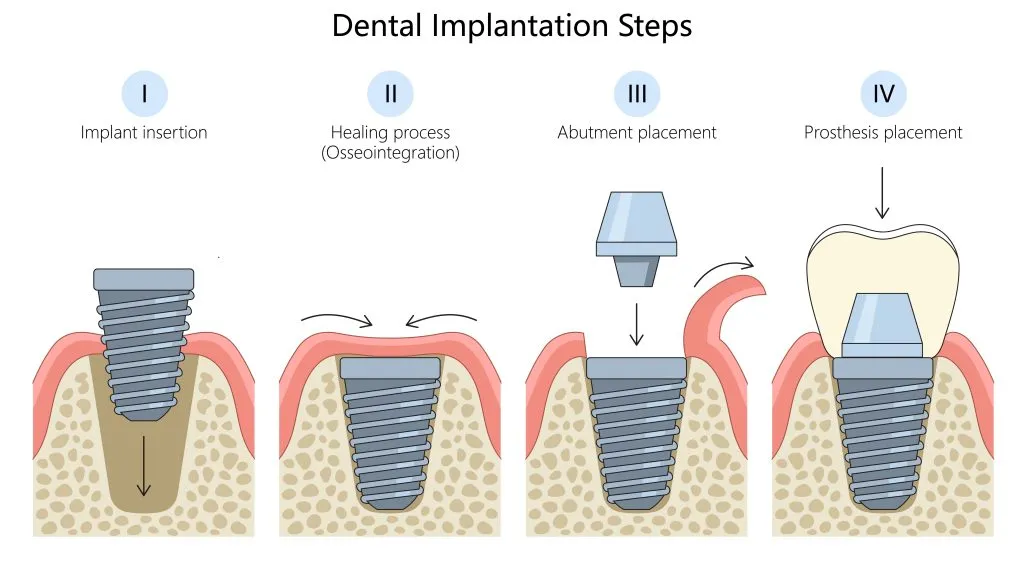
-

Will I be able to eat normally with dental implants?
05 Jun, 2025 -
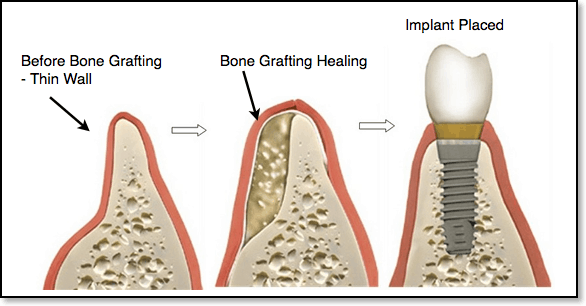
Is bone grafting always needed for implants?
05 Jun, 2025 -
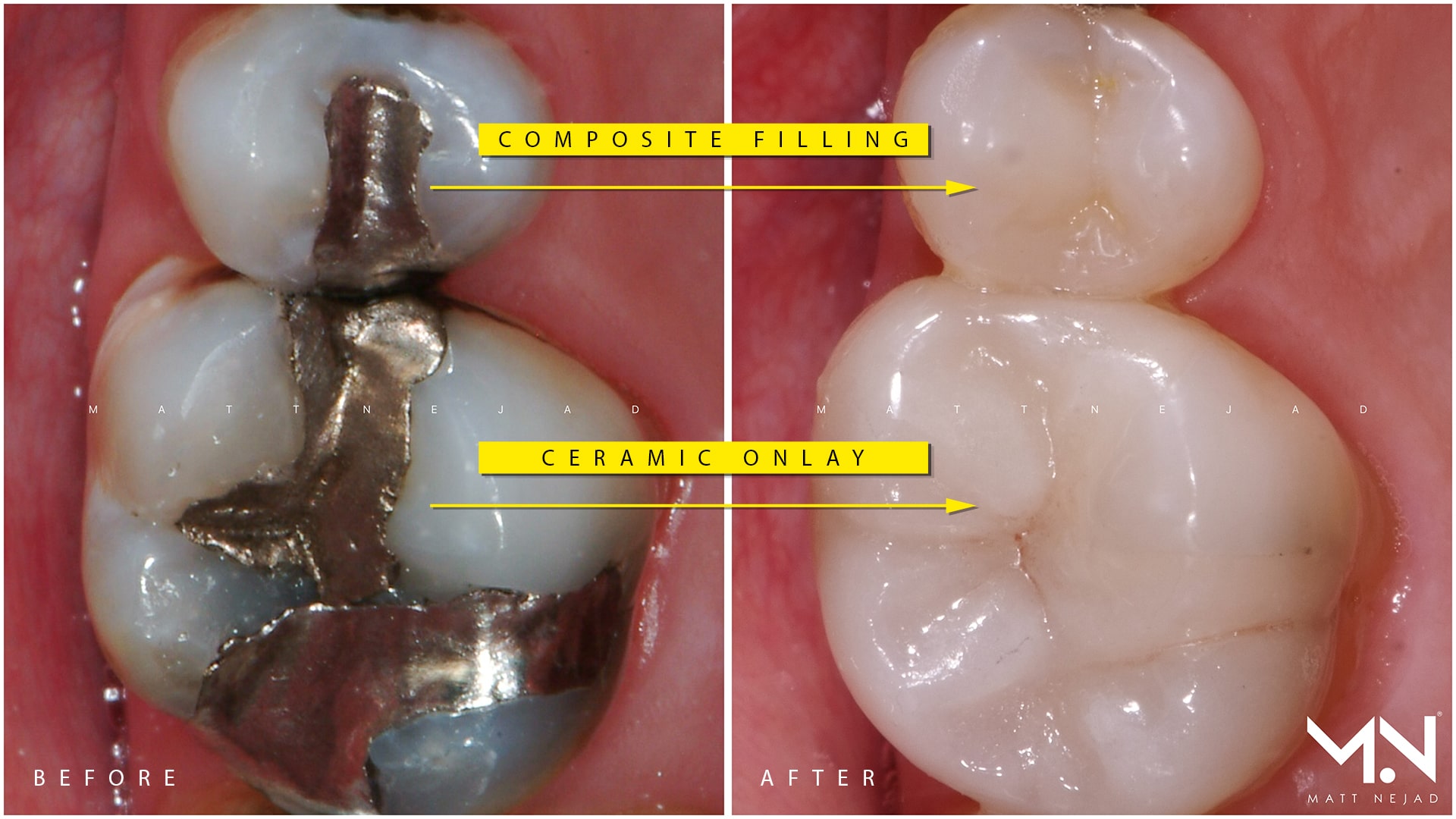
-
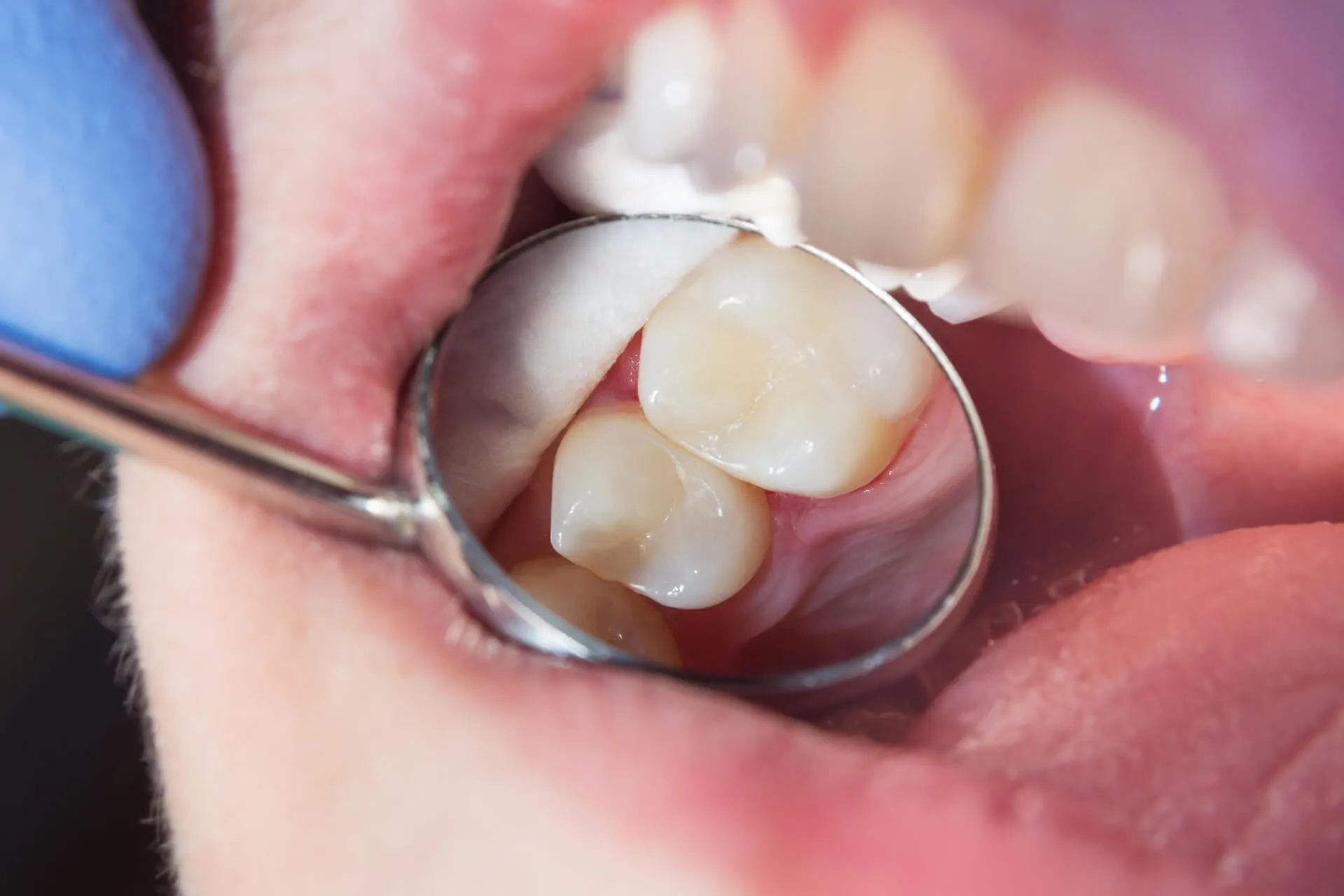
Do fillings hurt after they’re placed?
05 Jun, 2025 -
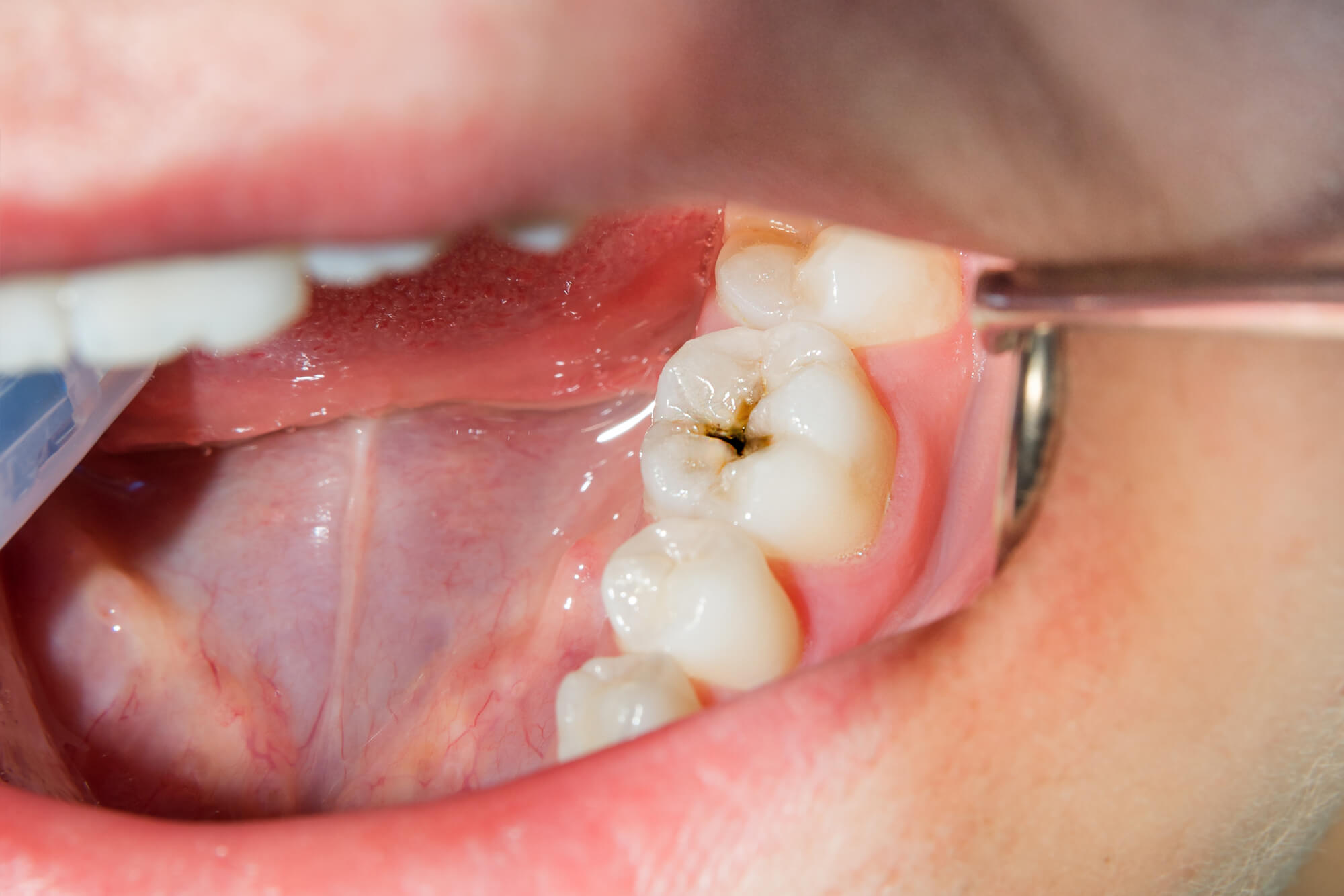
How do I know if I need a filling?
05 Jun, 2025 -

Can children get tooth-colored fillings too?
05 Jun, 2025 -
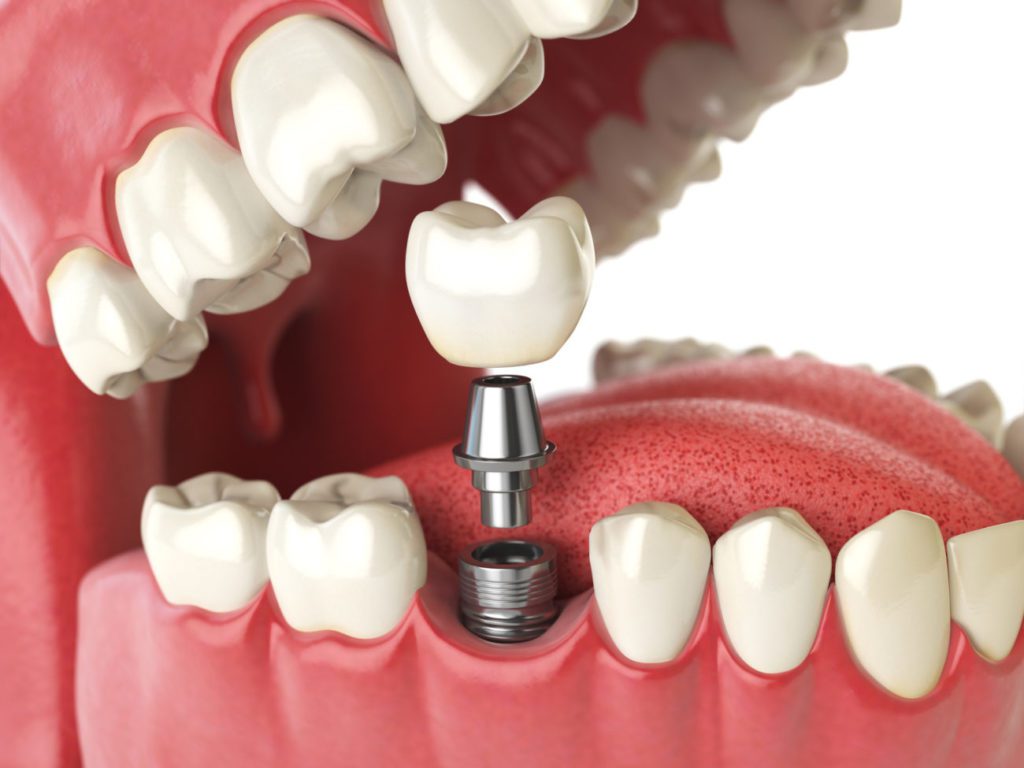
Do I need a bridge if I’m missing just one tooth?
05 Jun, 2025 -
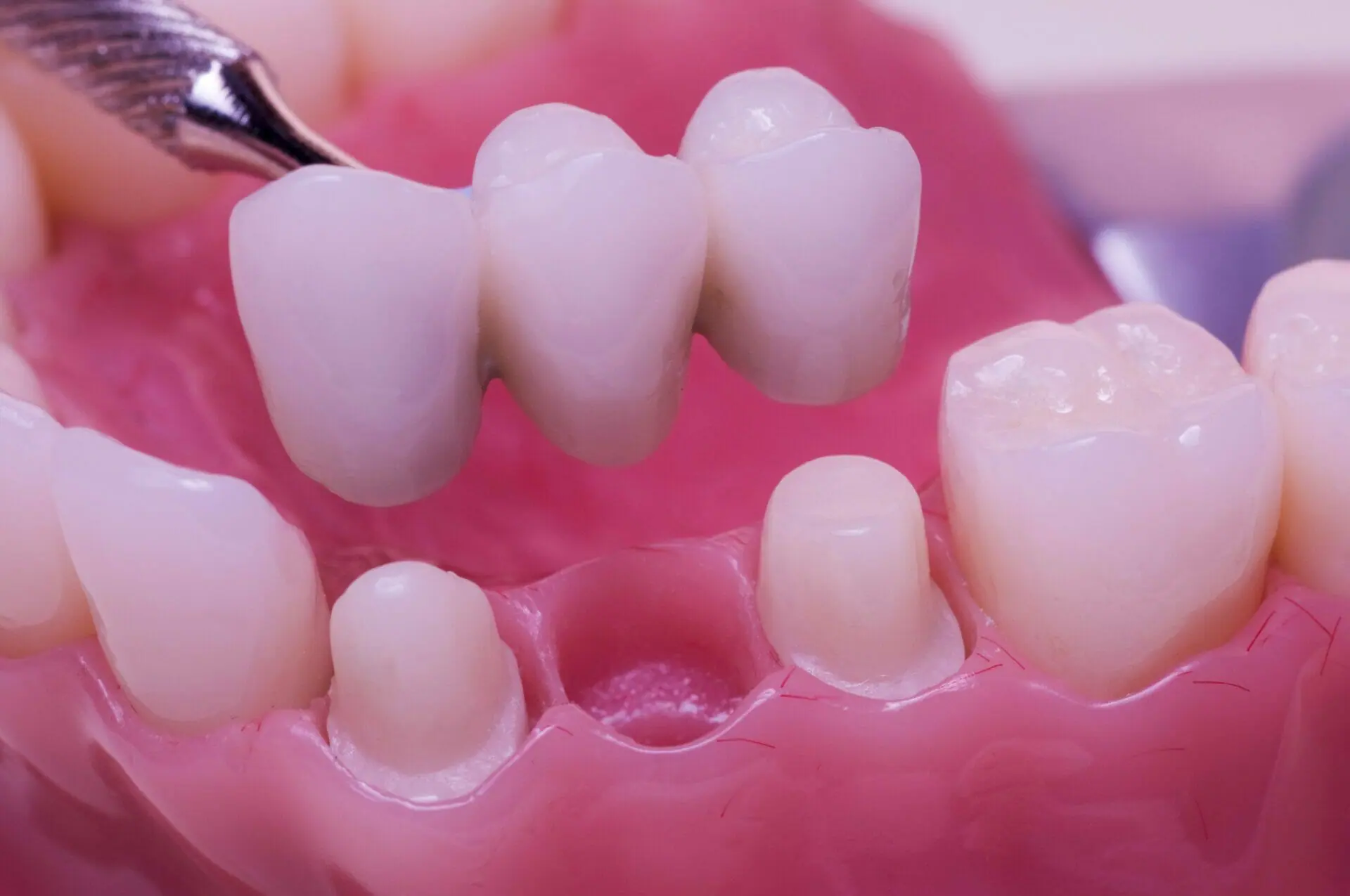
Can a bridge feel like a natural tooth?
05 Jun, 2025 -

How do I clean around a dental bridge?
05 Jun, 2025 -

Can I eat normally with a dental bridge?
05 Jun, 2025 -
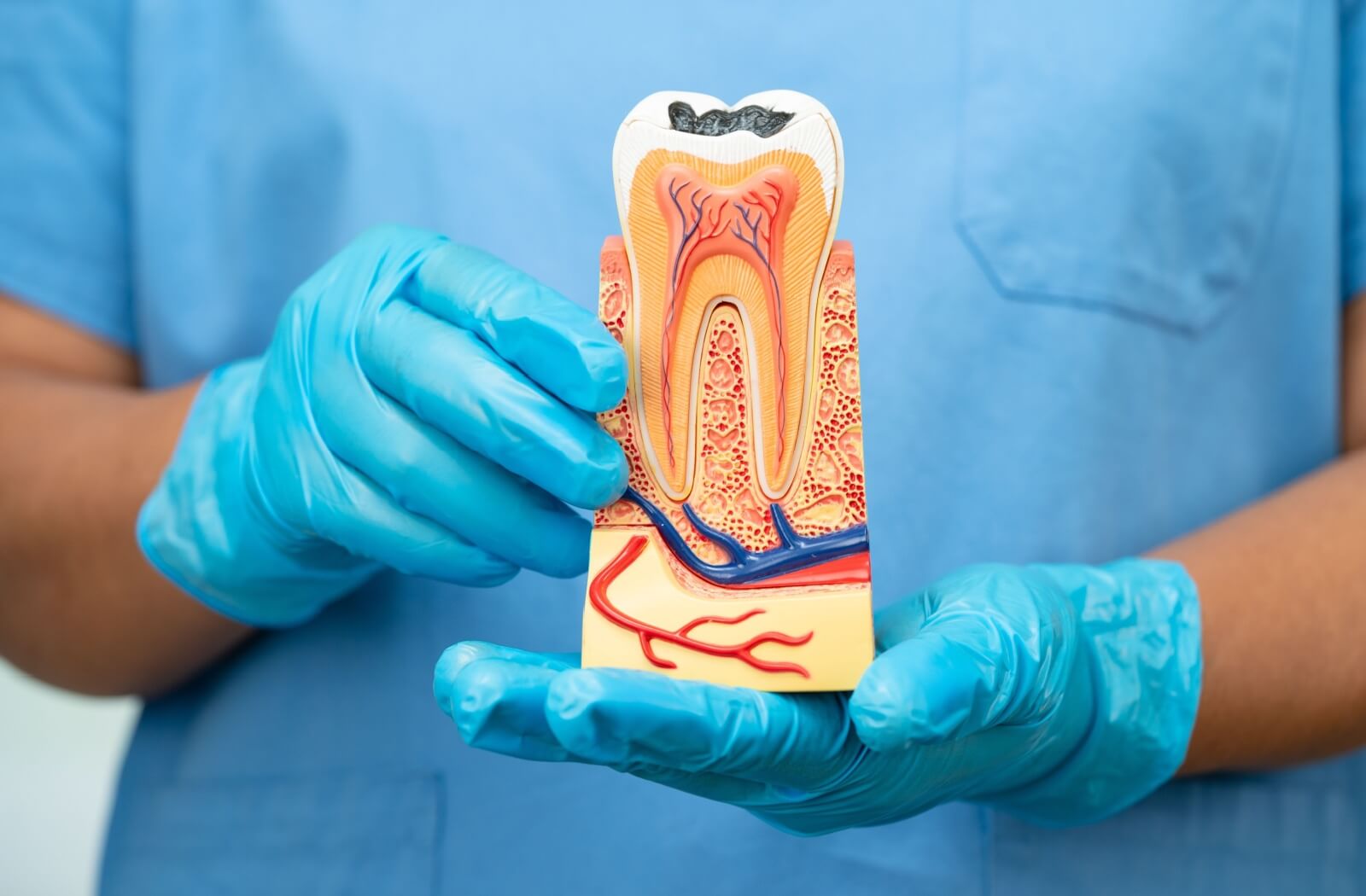
How long does a root canal procedure take?
05 Jun, 2025 -

What happens after a root canal?
05 Jun, 2025 -
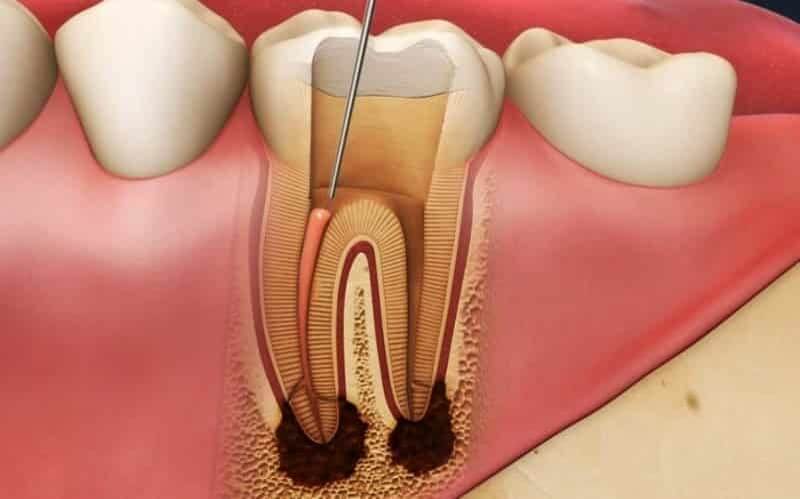
Can a root canal fail?
05 Jun, 2025 -

Is cosmetic dentistry only about appearance?
05 Jun, 2025 -
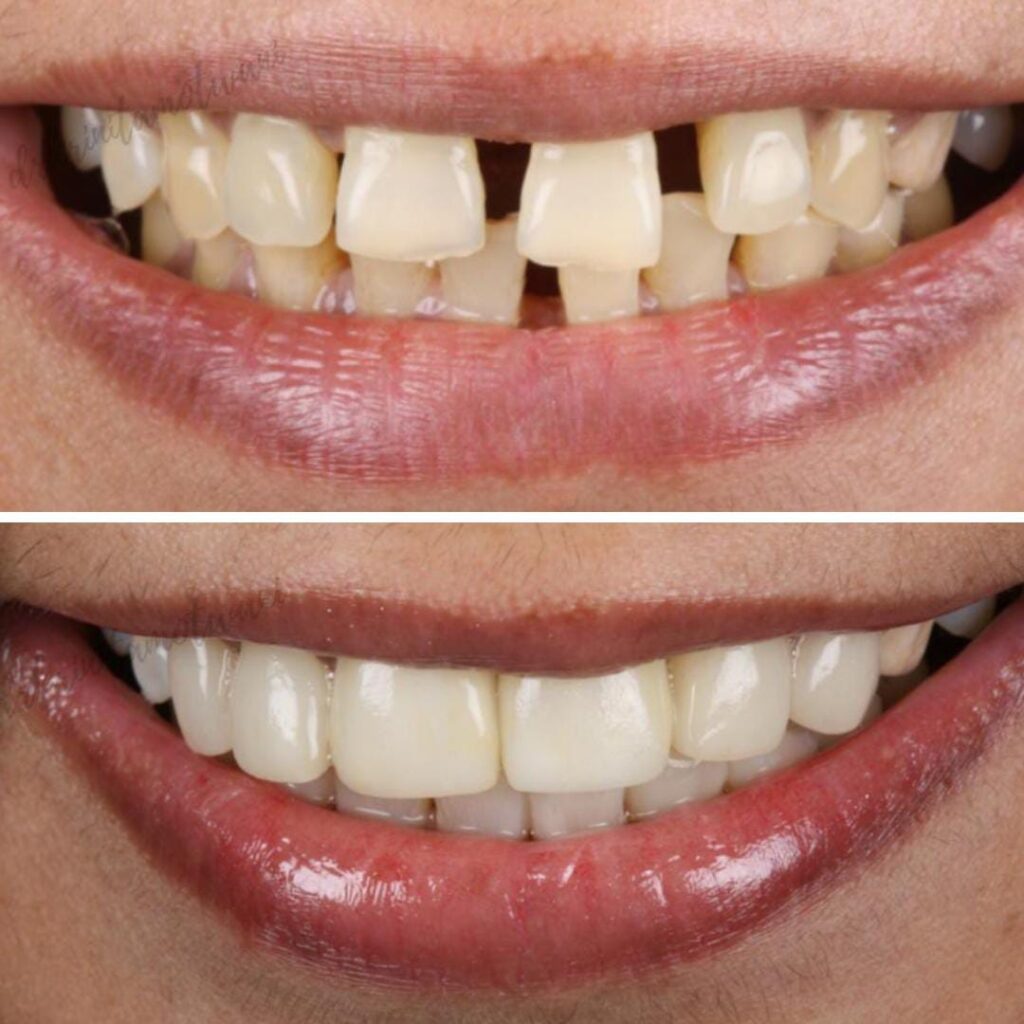
Can cosmetic dentistry fix gaps between teeth?
05 Jun, 2025 -

Are veneers permanent?
05 Jun, 2025 -

-

Will I be awake during my dental procedure?
05 Jun, 2025 -

Is dental anesthesia safe?
05 Jun, 2025 -

What are the side effects of dental anesthesia?
05 Jun, 2025 -

Can children safely receive dental anesthesia?
05 Jun, 2025 -

Do I need to be asleep for tooth extraction?
05 Jun, 2025 -

What are impacted wisdom teeth?
05 Jun, 2025 -
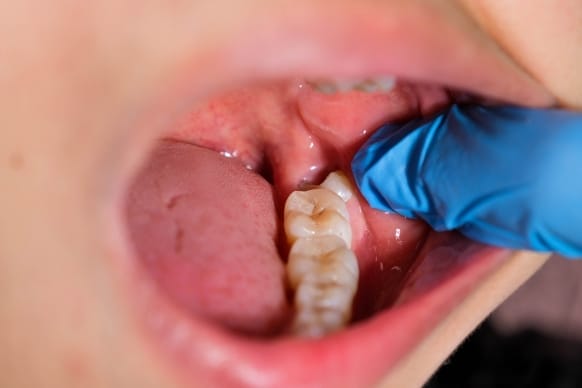
How long is the recovery after wisdom tooth surgery?
05 Jun, 2025 -
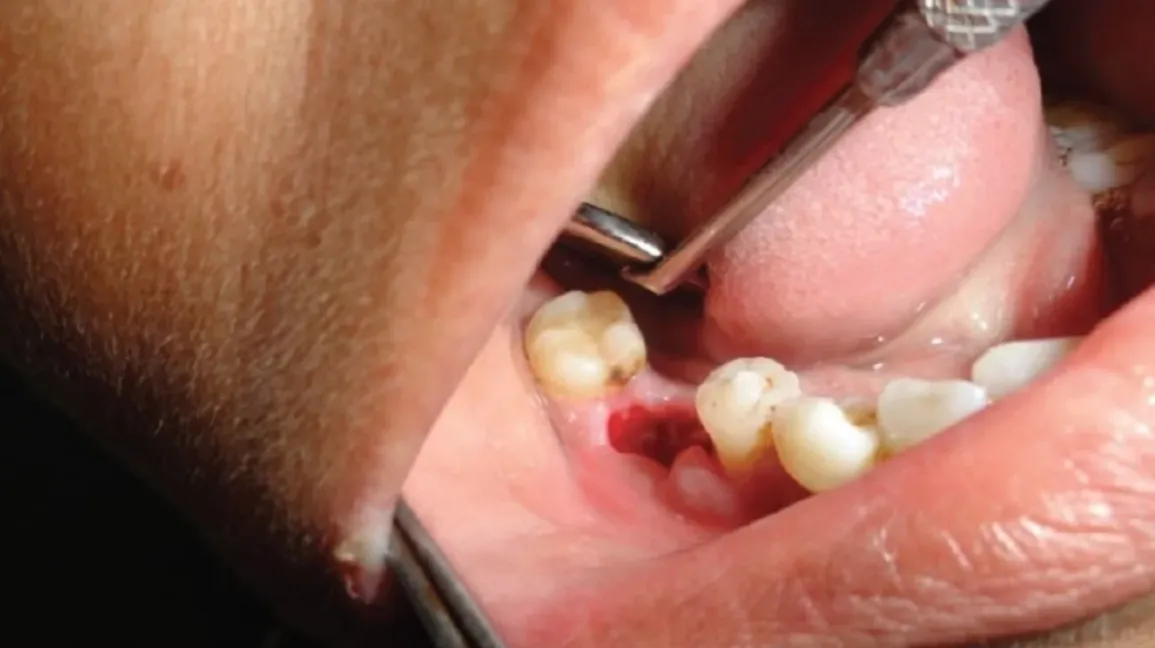
What is dry socket, and how can I avoid it?
05 Jun, 2025 -

Is jaw surgery only for cosmetic reasons?
05 Jun, 2025 -
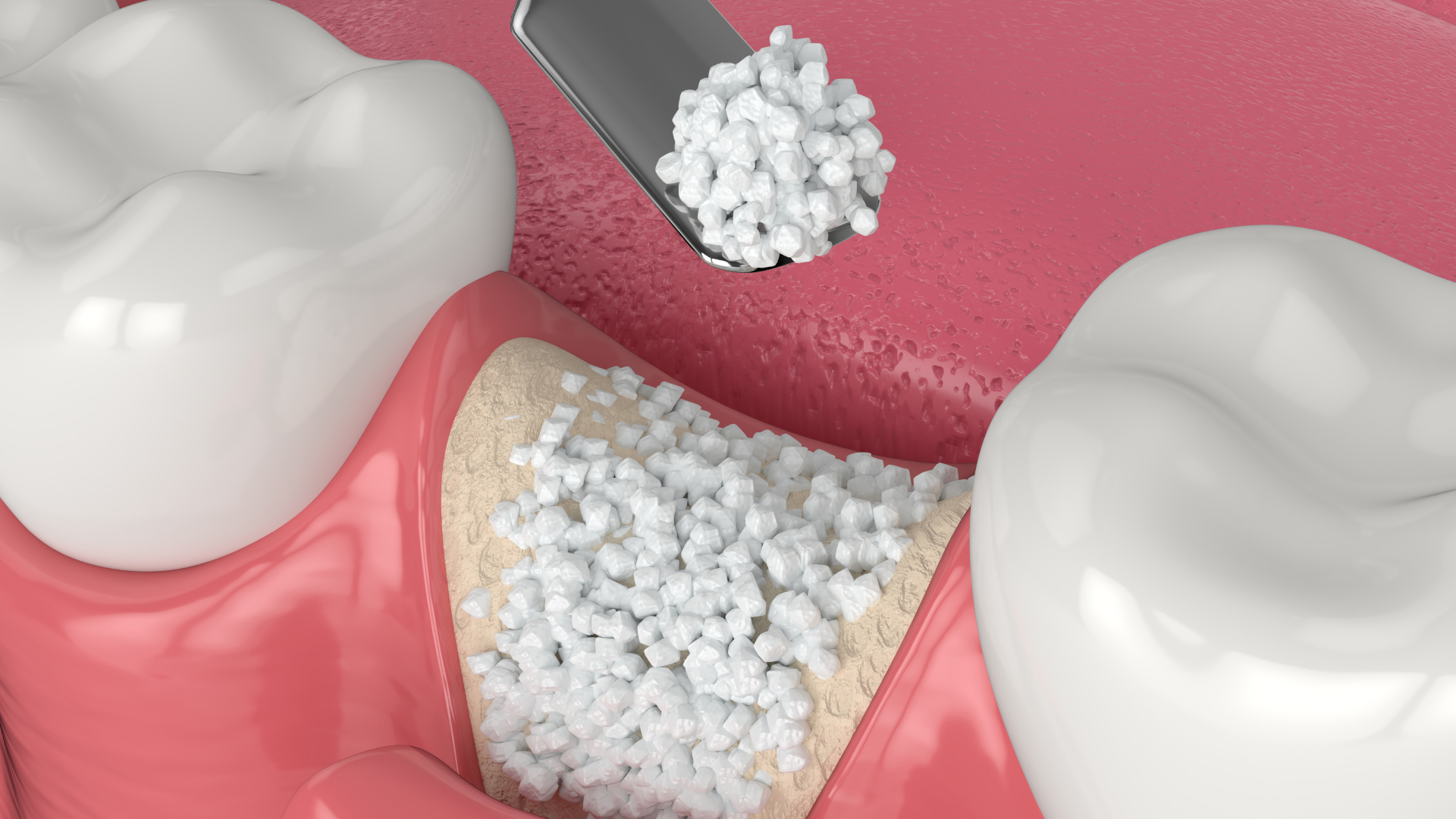
What is bone grafting in dentistry?
05 Jun, 2025 -

Can I work the day after oral surgery?
05 Jun, 2025 -

Is oral surgery safe?
05 Jun, 2025 -

At what age should my child see an orthodontist?
05 Jun, 2025 -
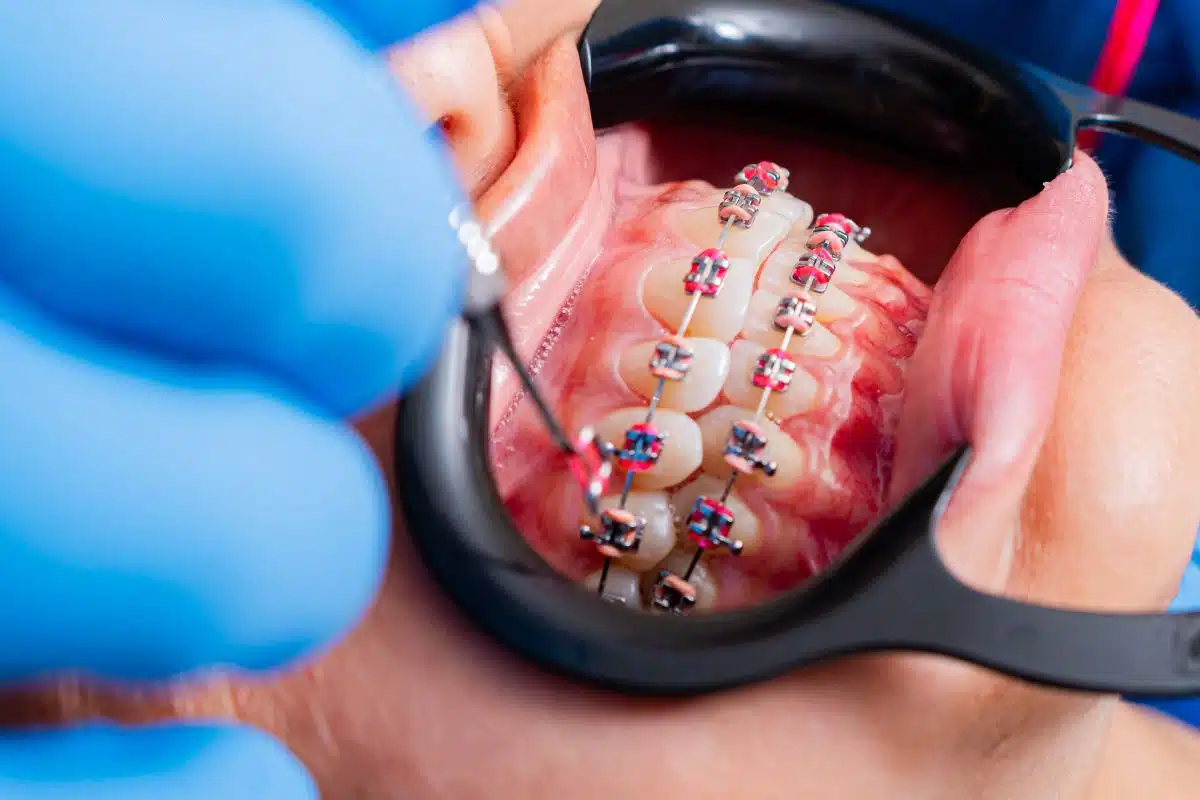
Do braces hurt?
05 Jun, 2025 -

How long does orthodontic treatment usually take?
05 Jun, 2025 -

-

Can adults get braces too?
05 Jun, 2025 -
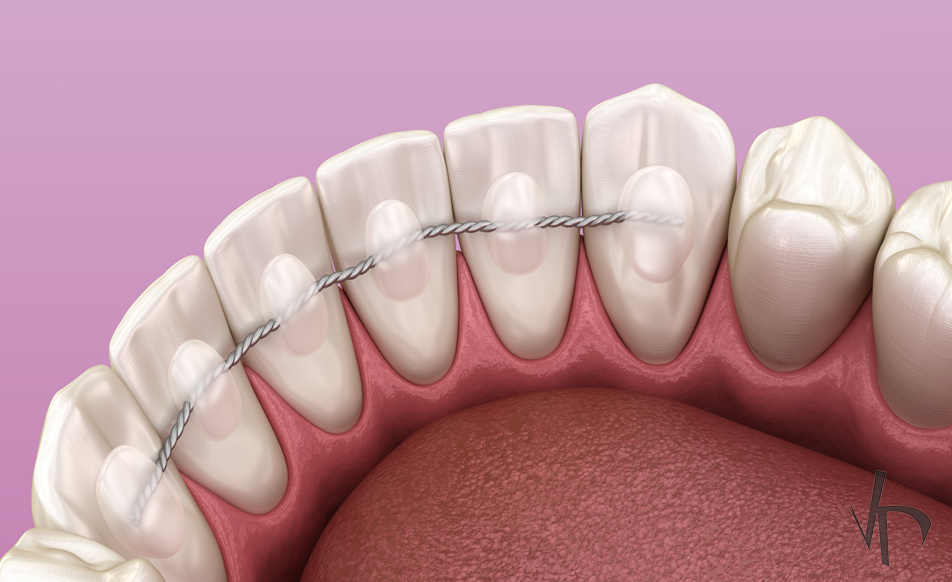
Will I need to wear a retainer after braces?
05 Jun, 2025 -
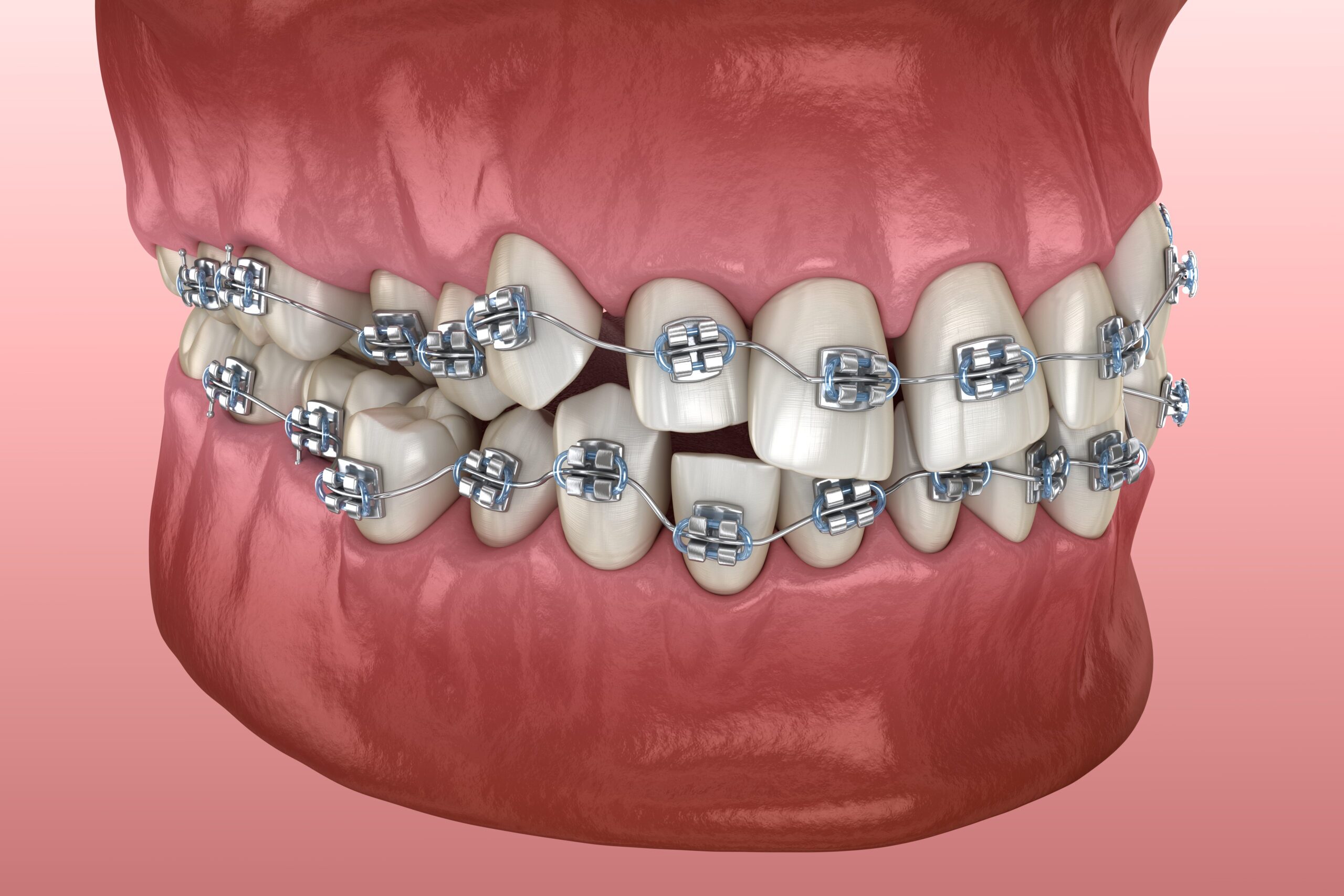
Can orthodontics fix jaw alignment problems?
05 Jun, 2025 -

How do I clean my teeth with braces?
05 Jun, 2025 -

Are there risks to orthodontic treatment?
05 Jun, 2025 -

Where is Balkan Dental Polyclinic located?
05 Jun, 2025 -

-

Do you offer travel or accommodation assistance?
05 Jun, 2025 -

Is English spoken at your clinic?
05 Jun, 2025 -
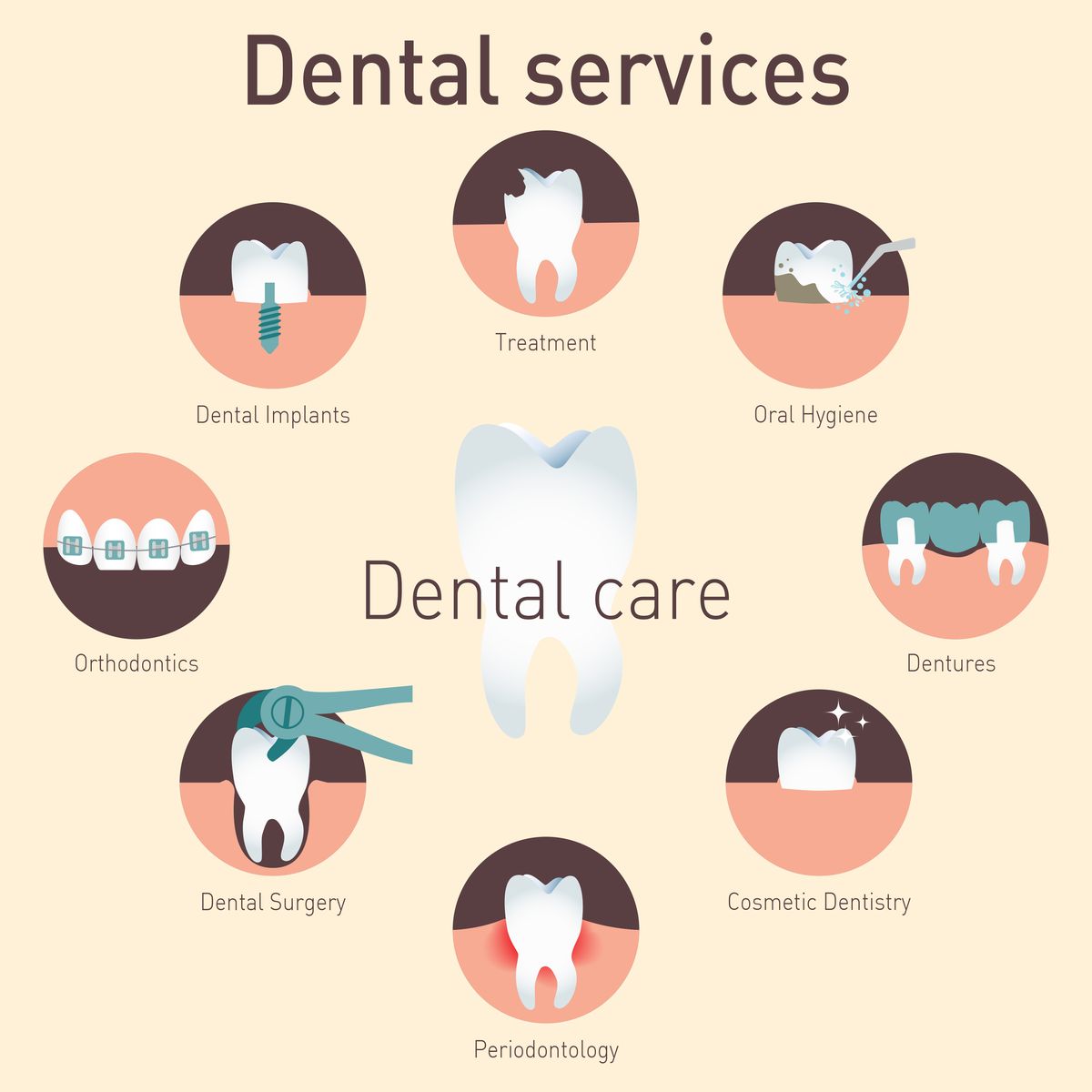
-

-

Can I get veneers in just one trip?
05 Jun, 2025 -

What if I need follow-up care after returning home?
05 Jun, 2025 -

-

-

How can I get a treatment plan before traveling?
05 Jun, 2025 -

What payment options are available?
05 Jun, 2025 -

-

Is dental care in North Macedonia safe and hygienic?
05 Jun, 2025 -

Are your dentists internationally trained?
05 Jun, 2025 -

-

Do you offer written warranties for treatments?
05 Jun, 2025 -
